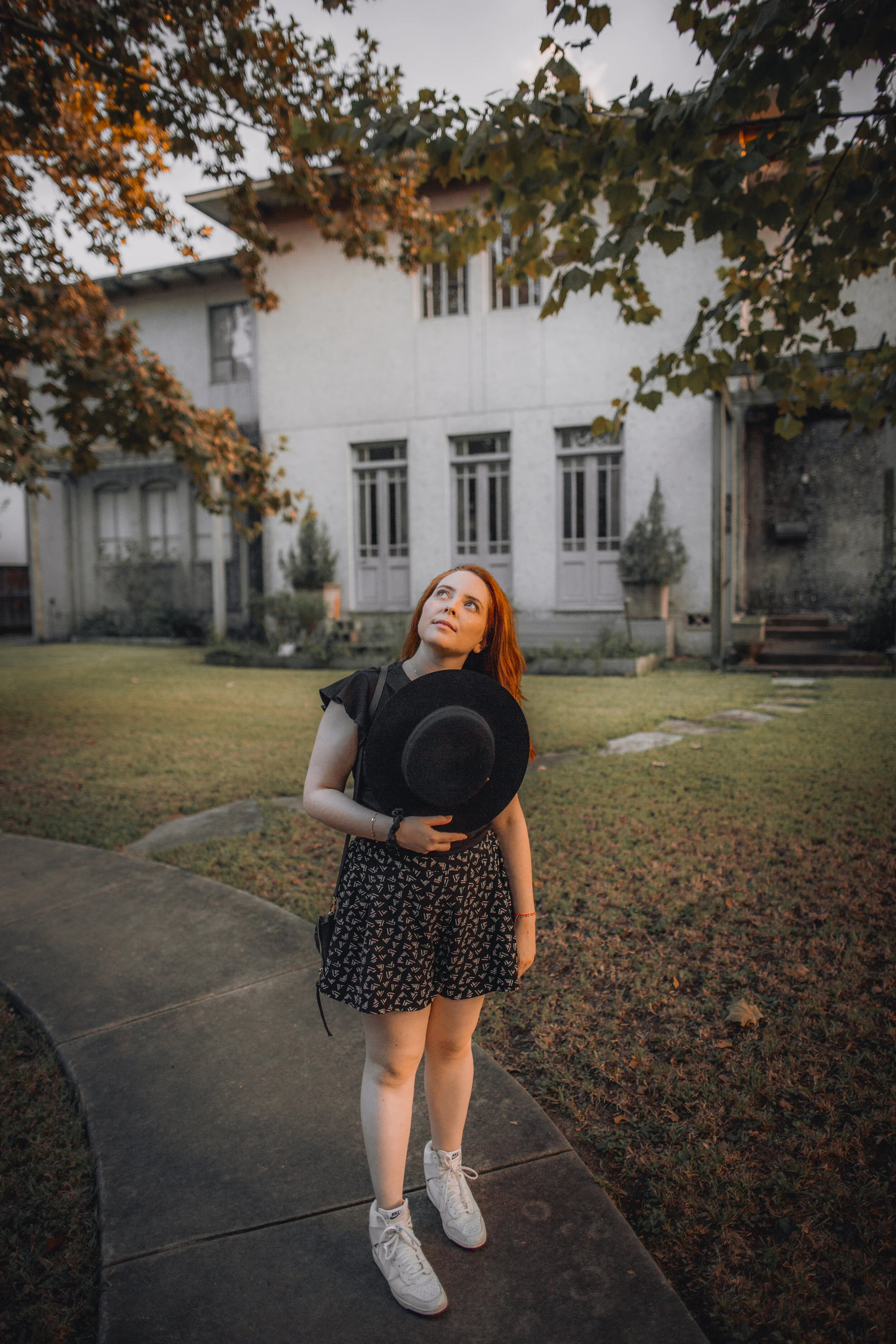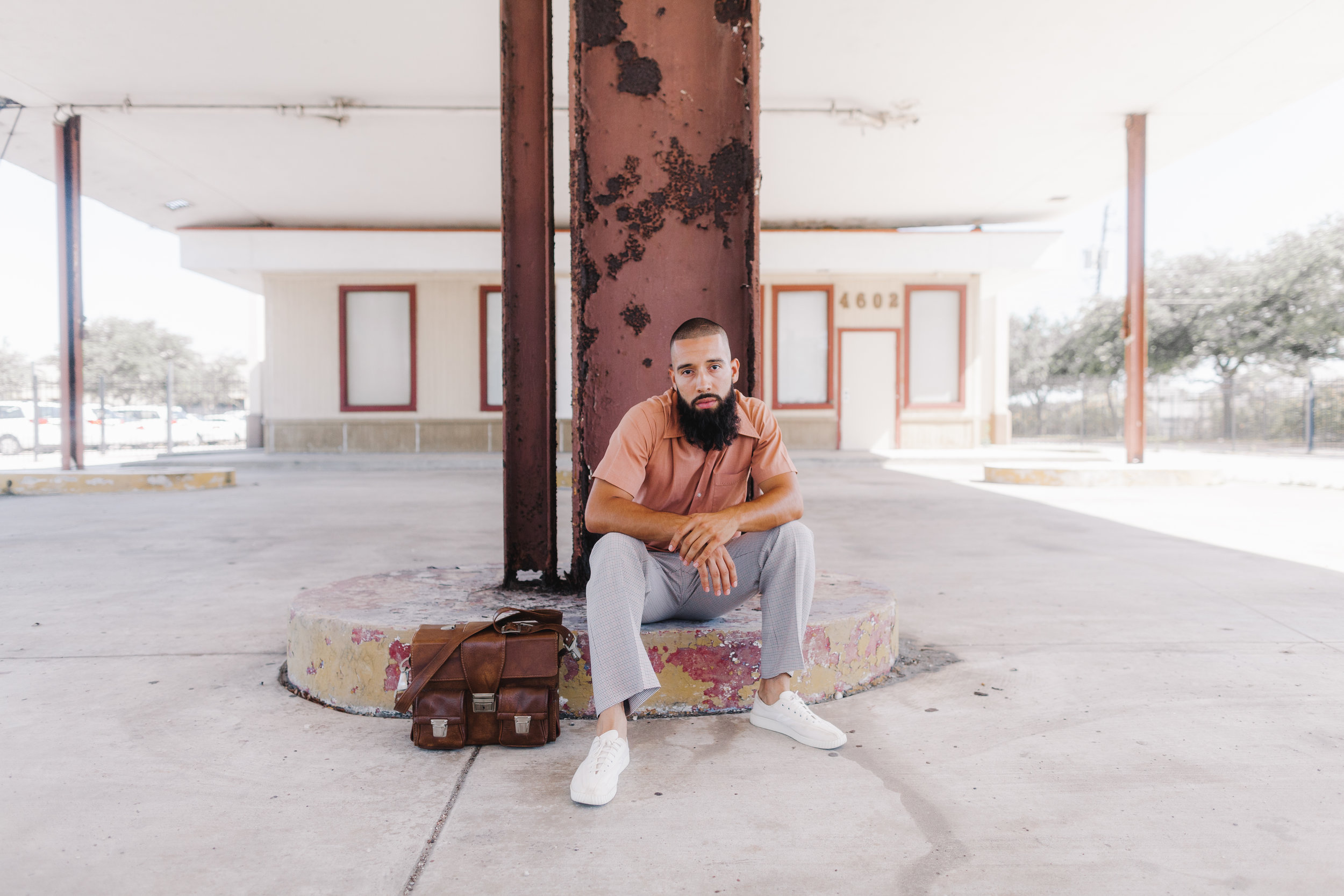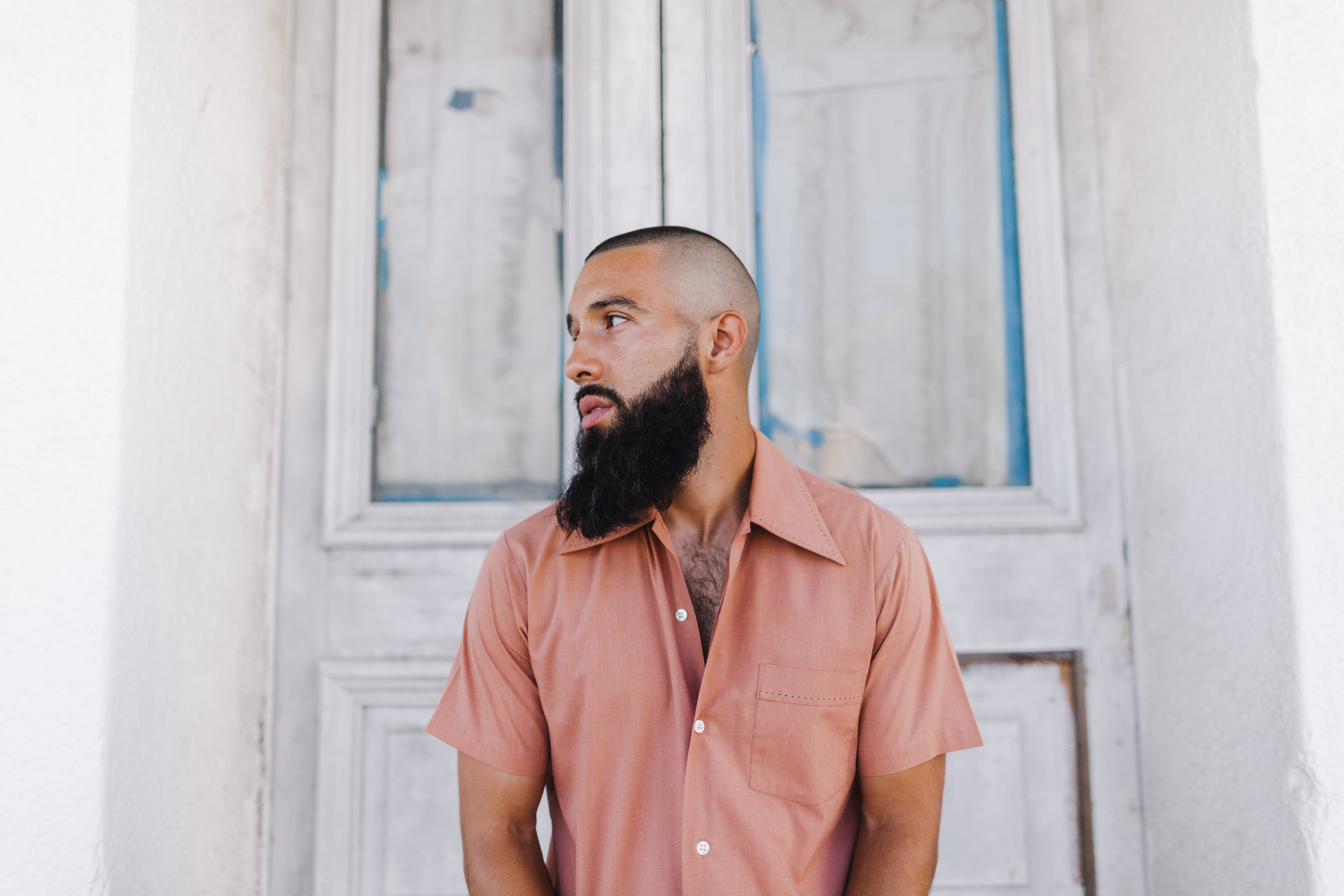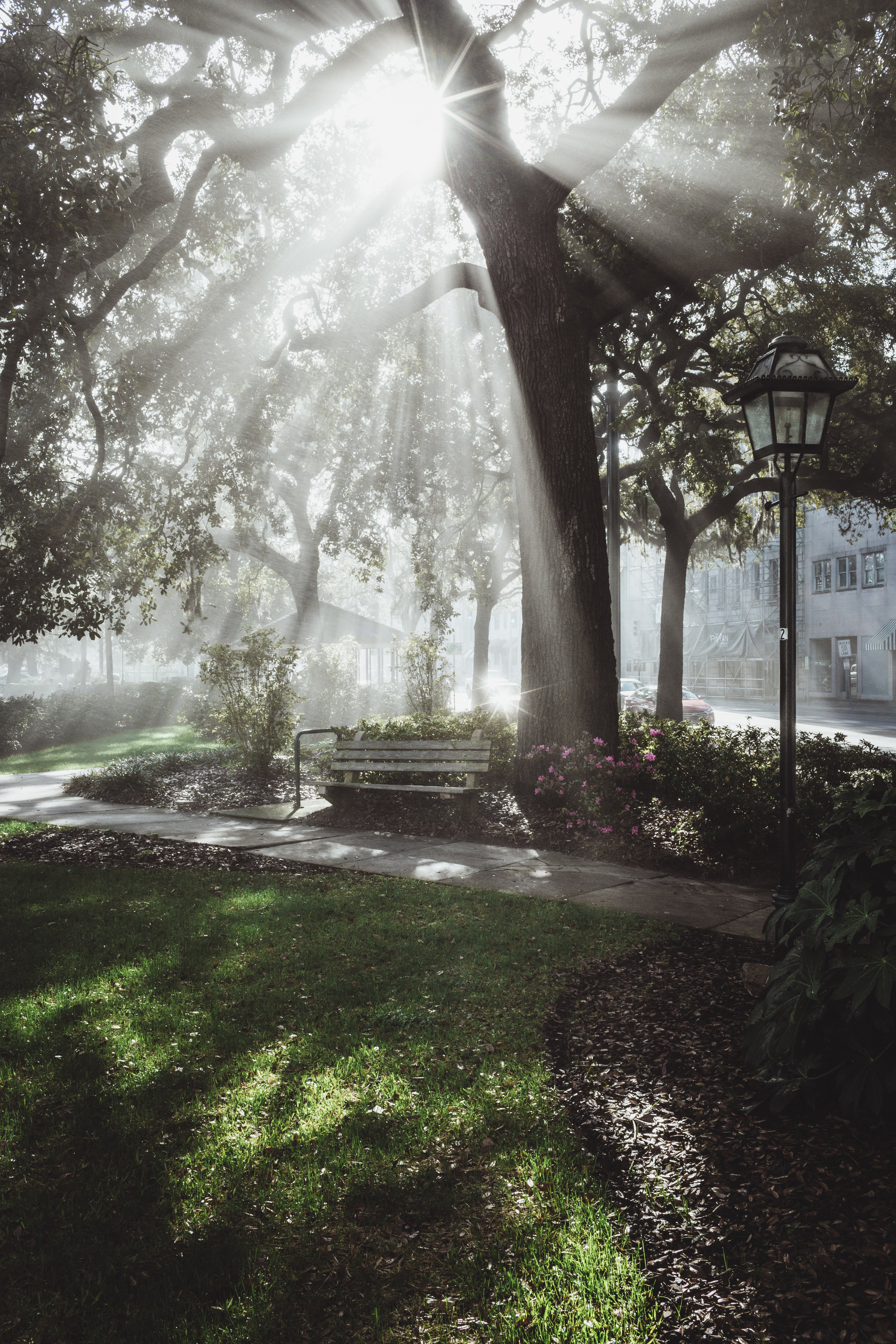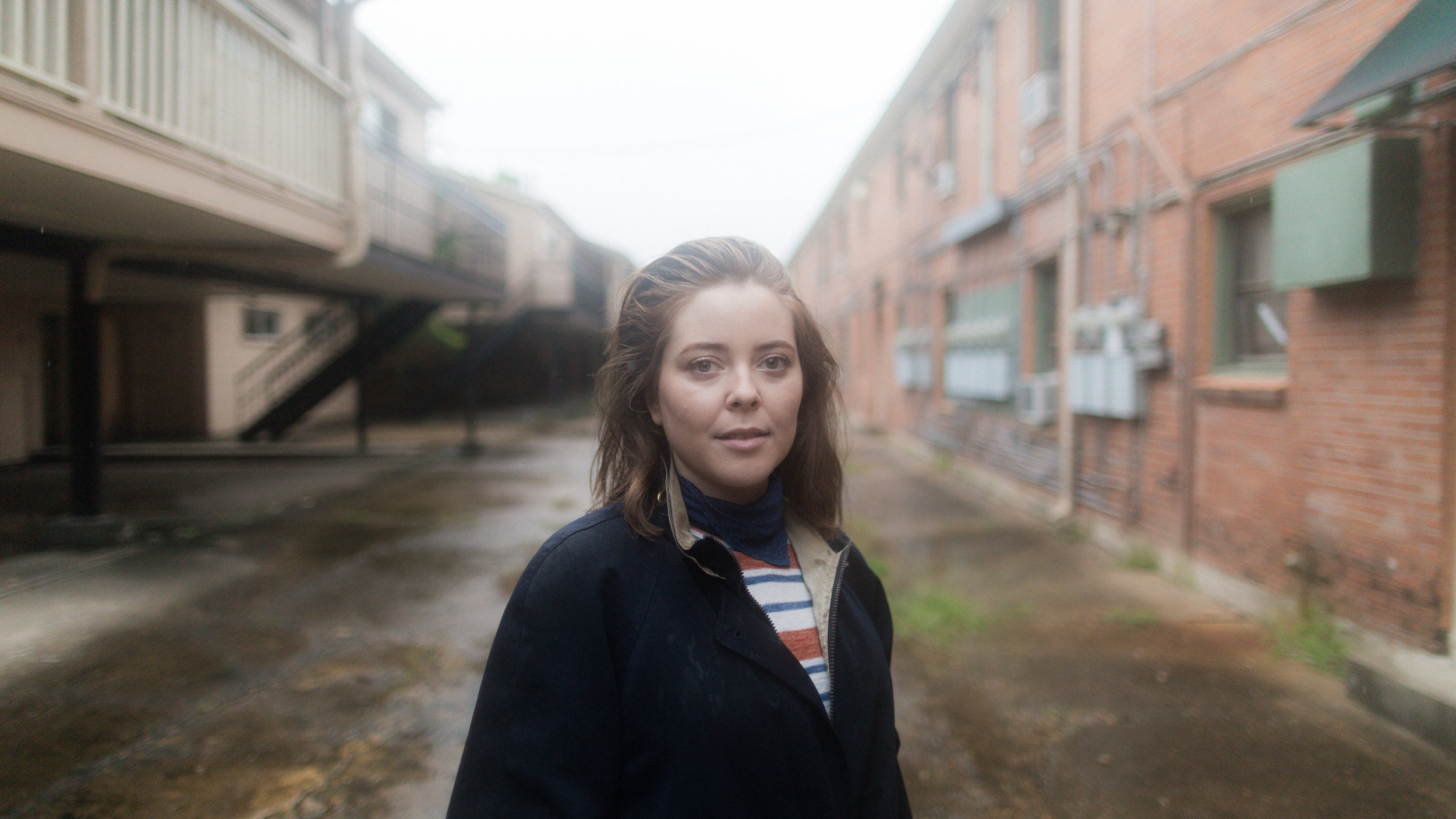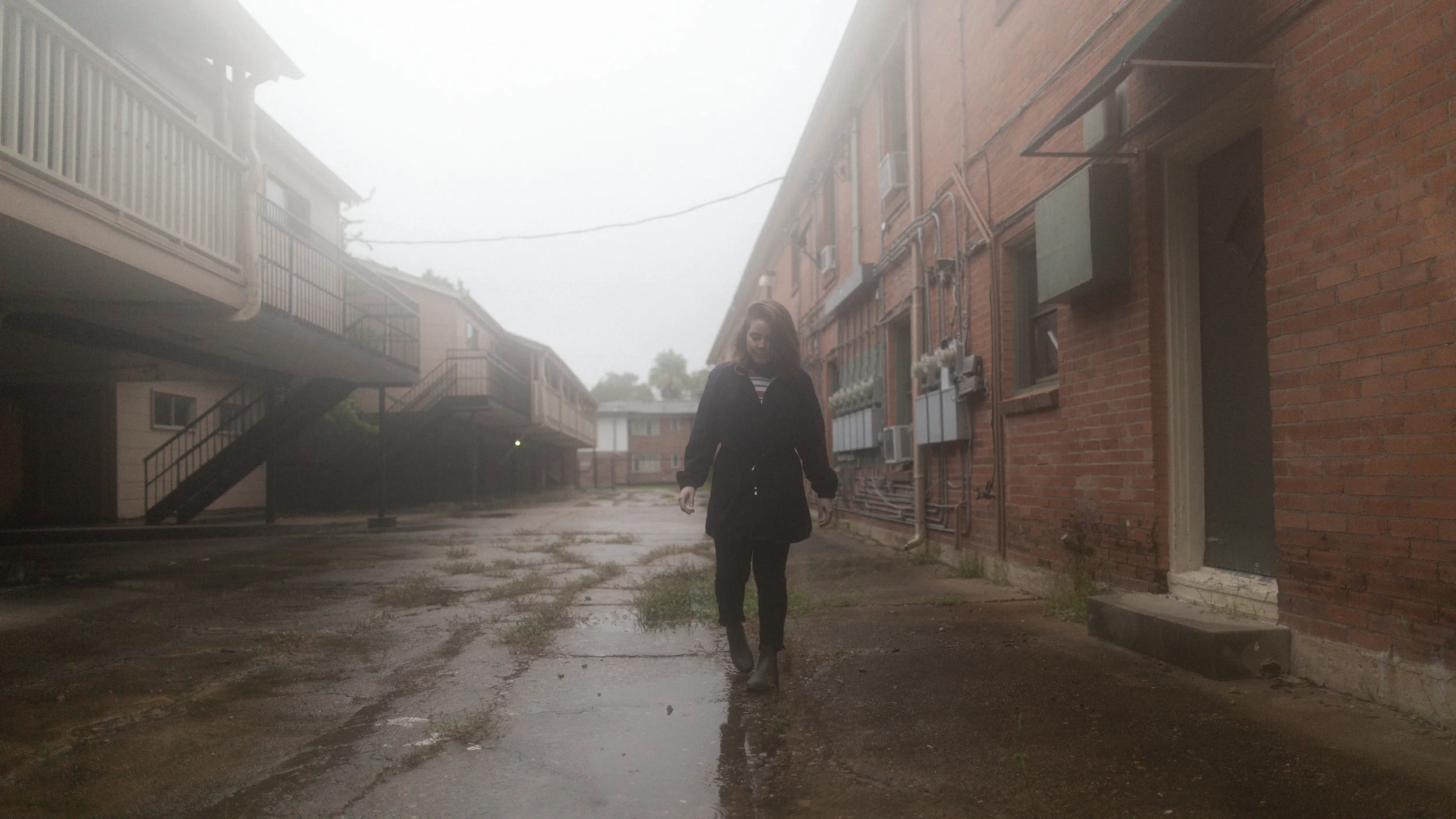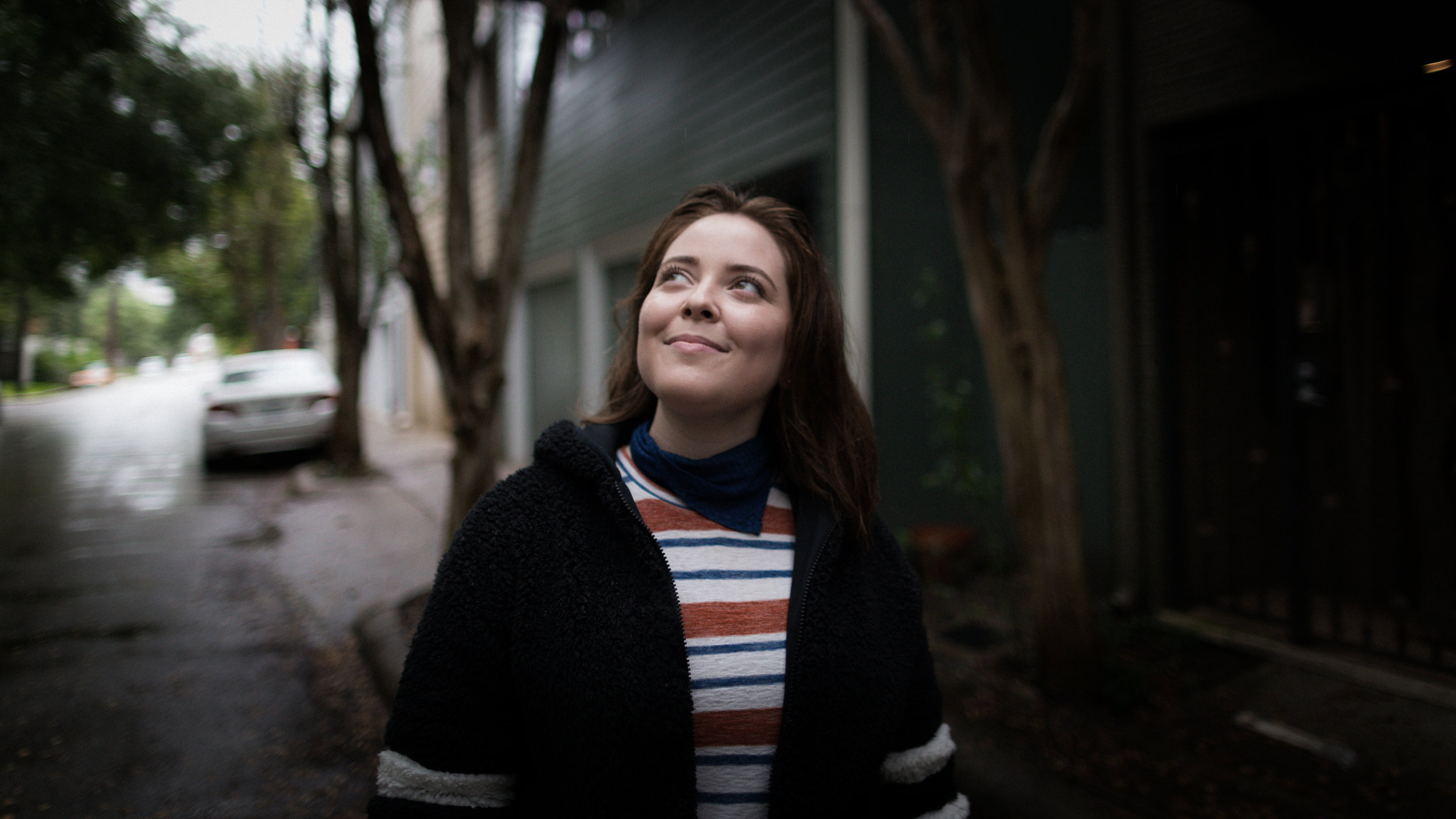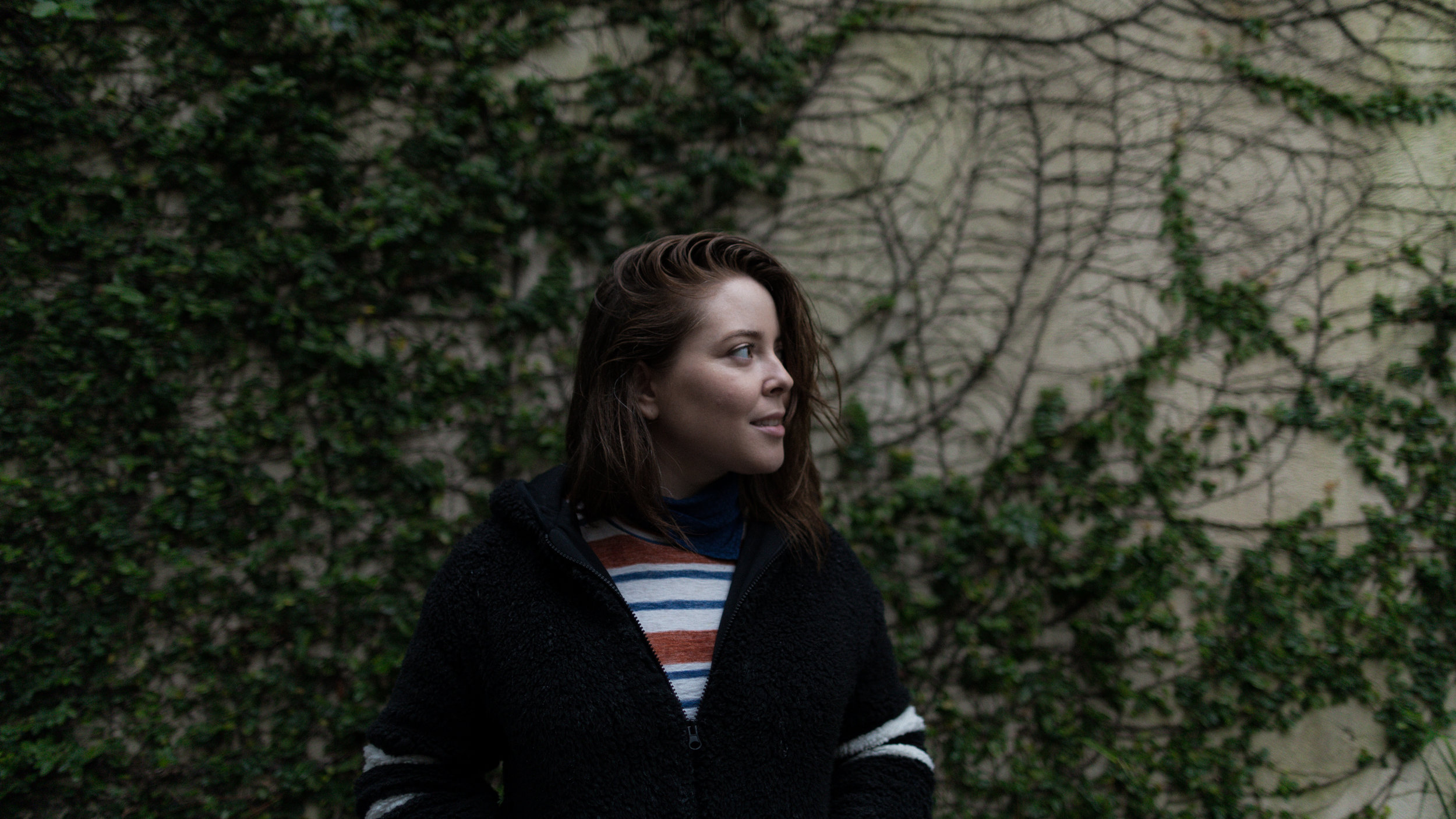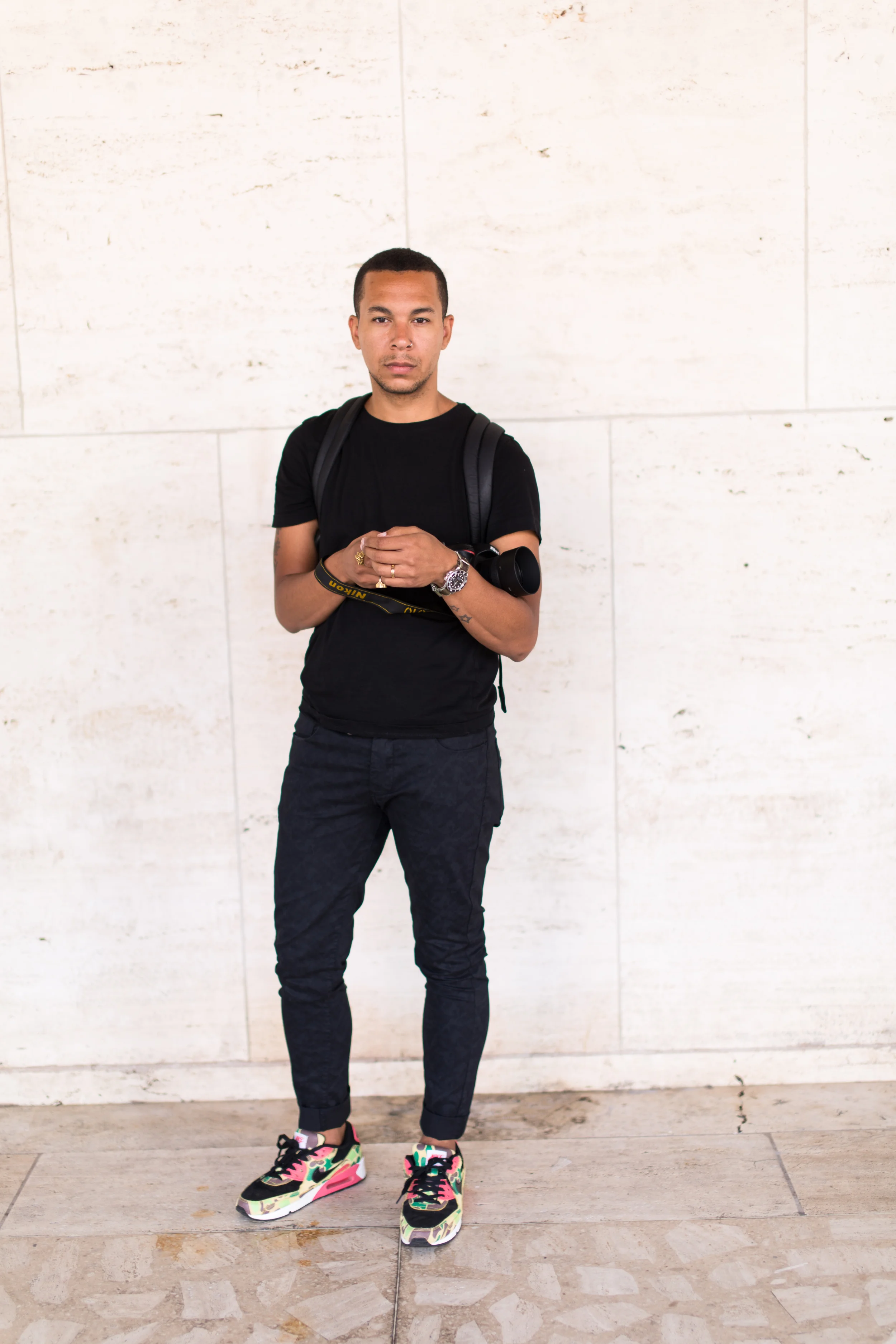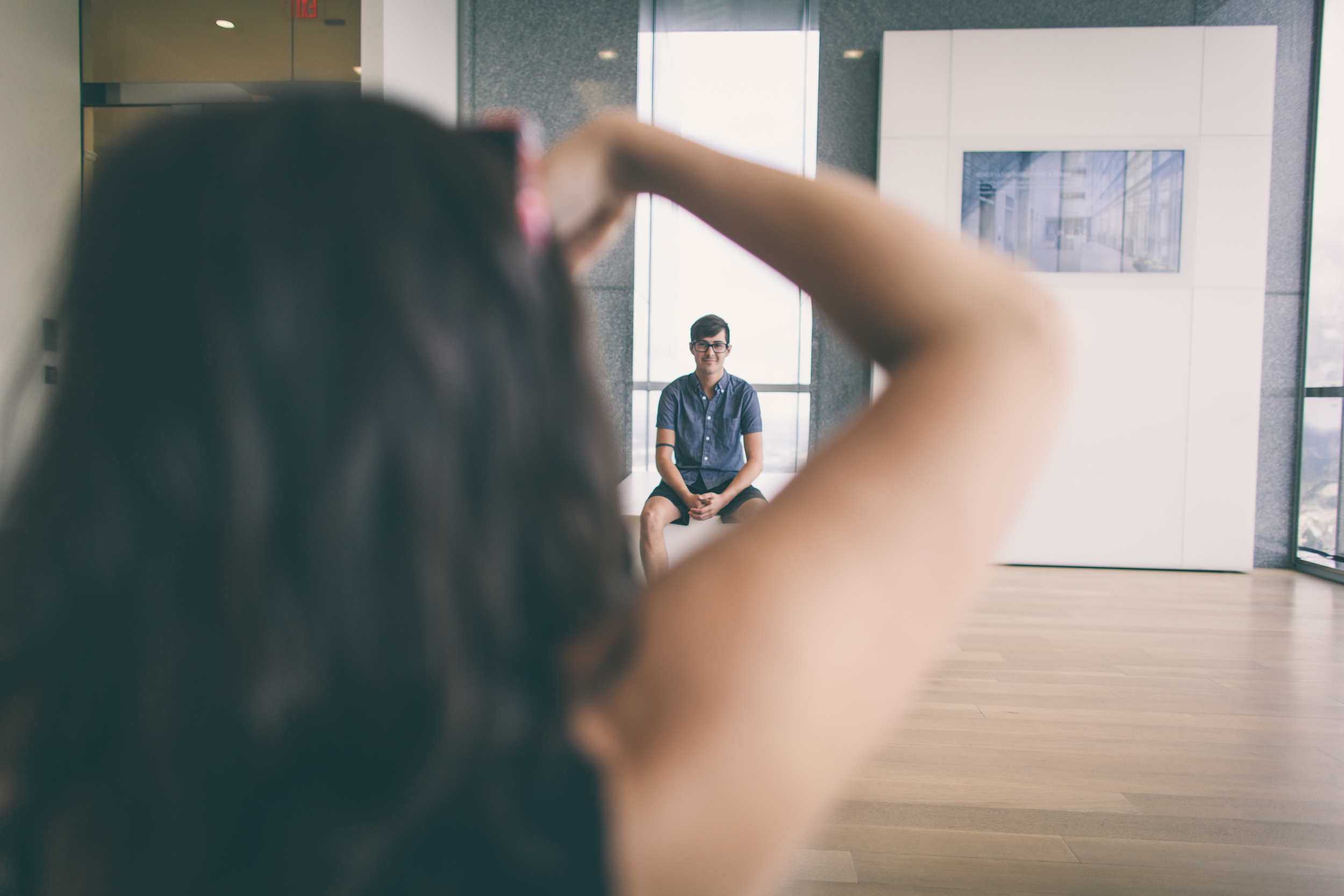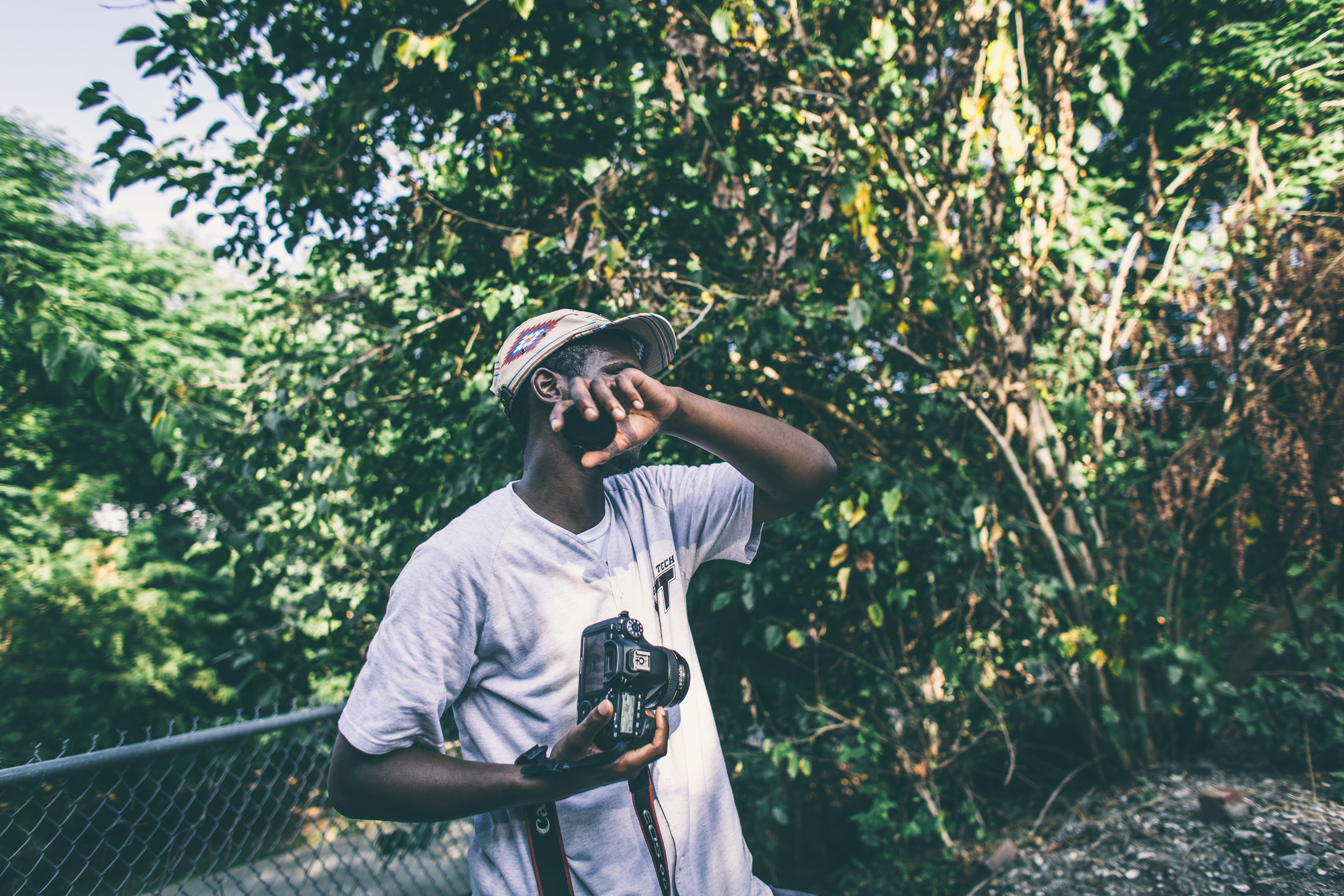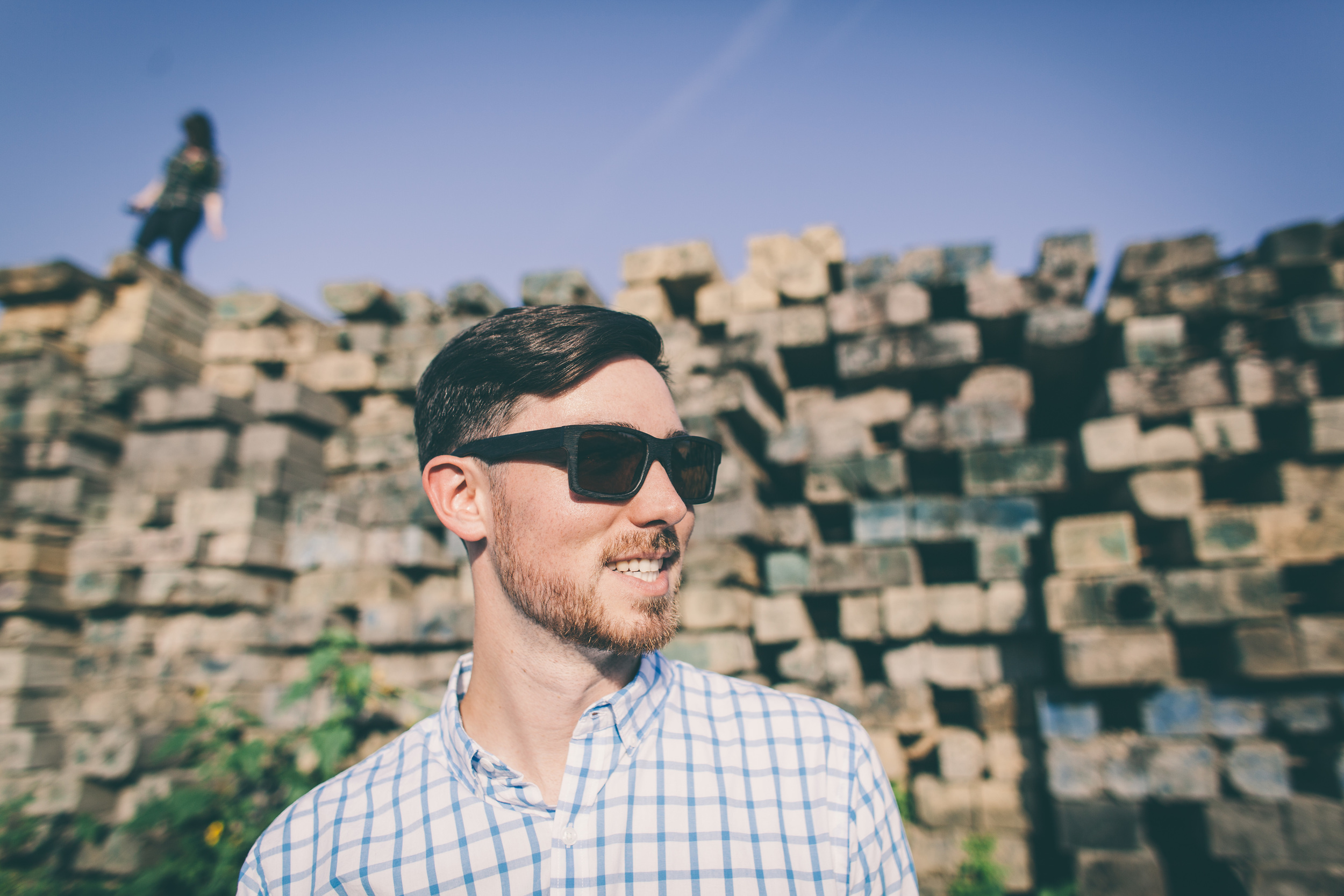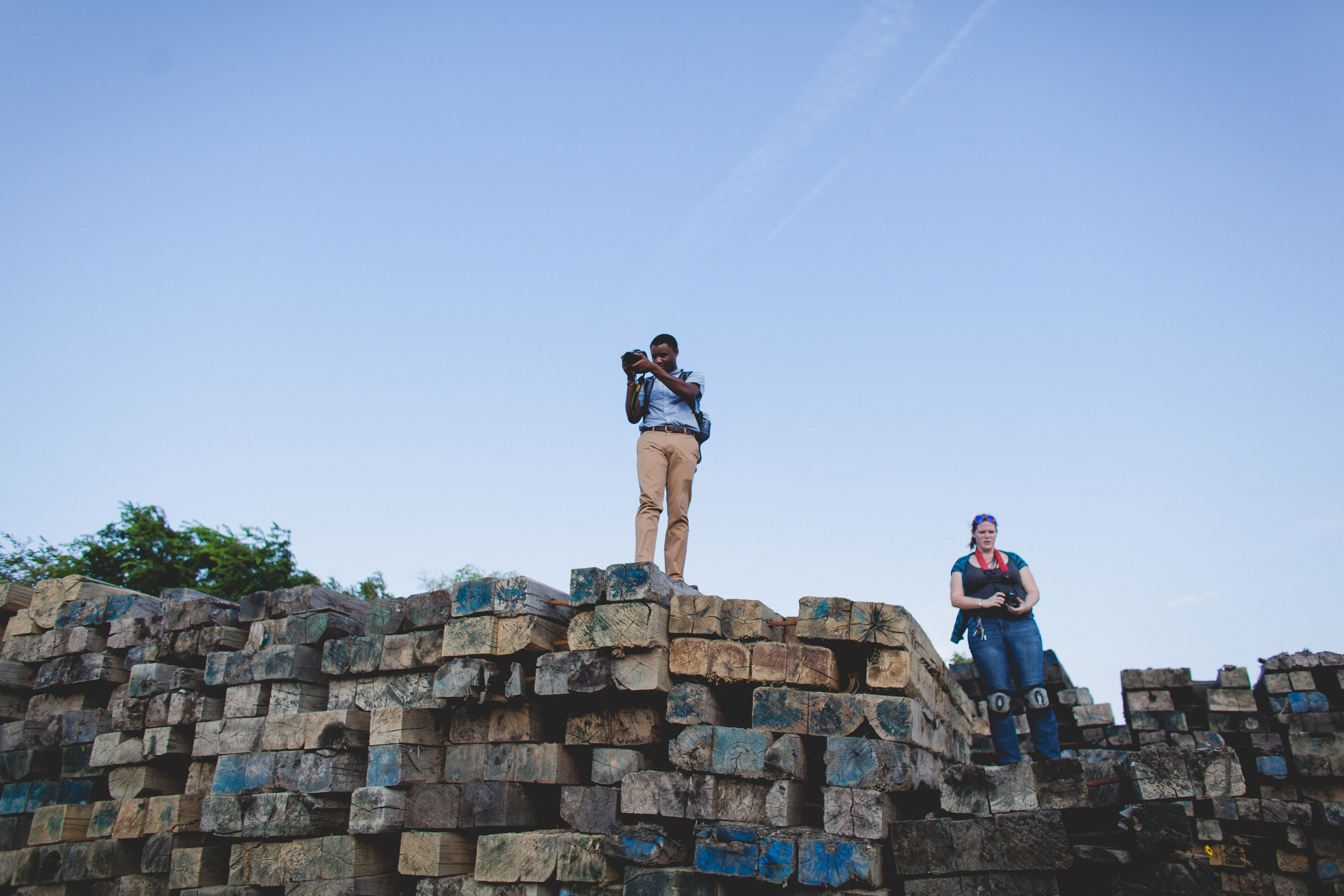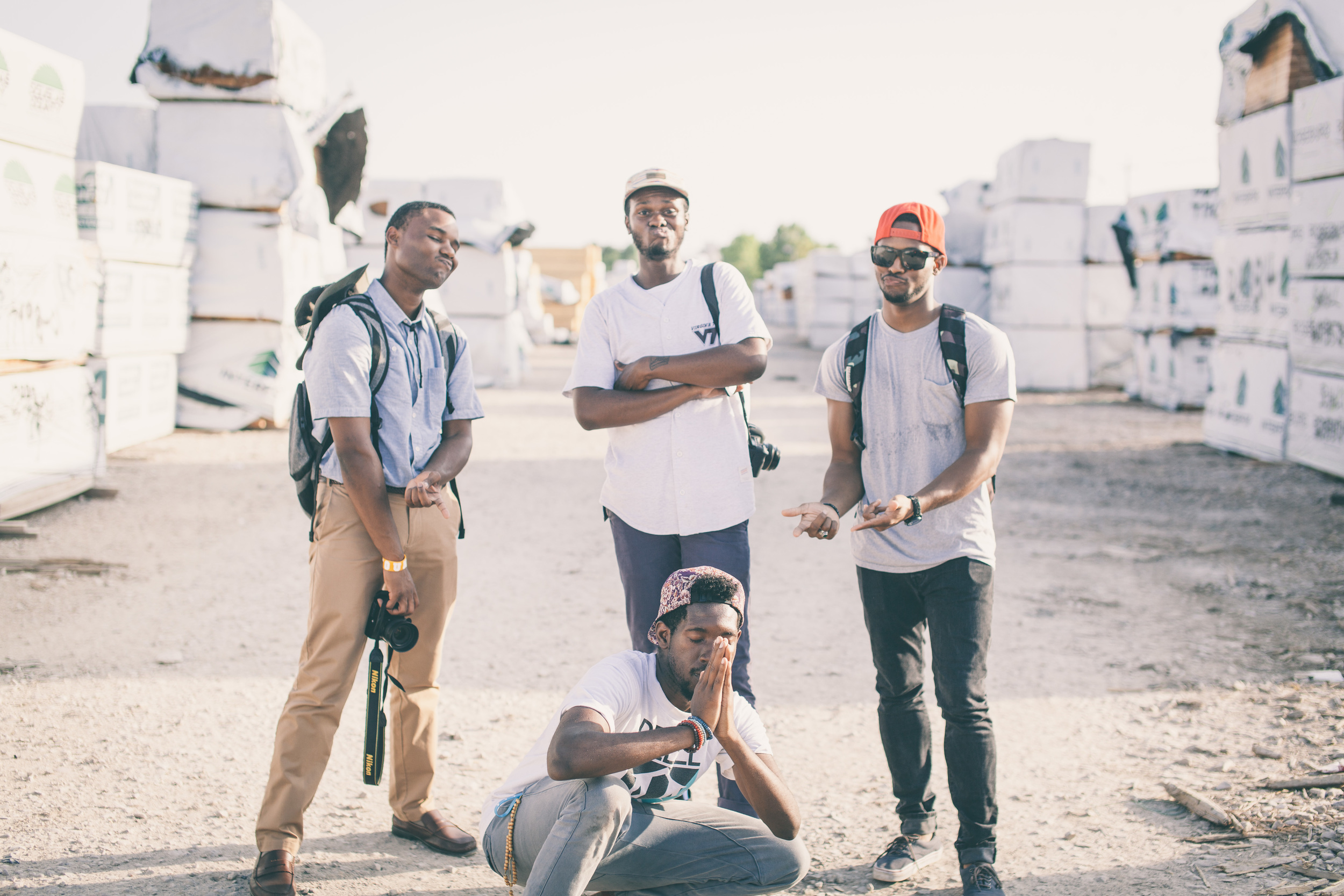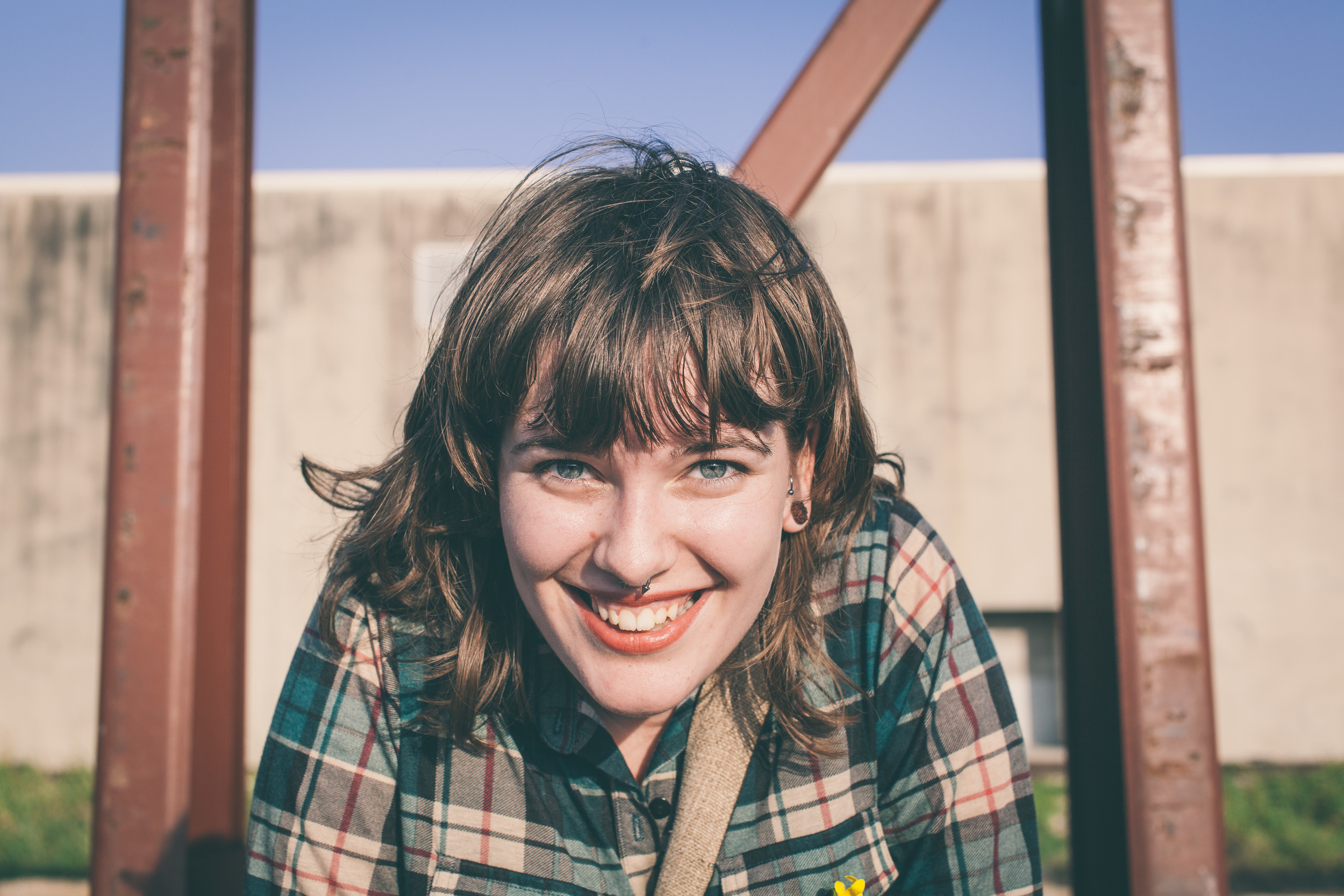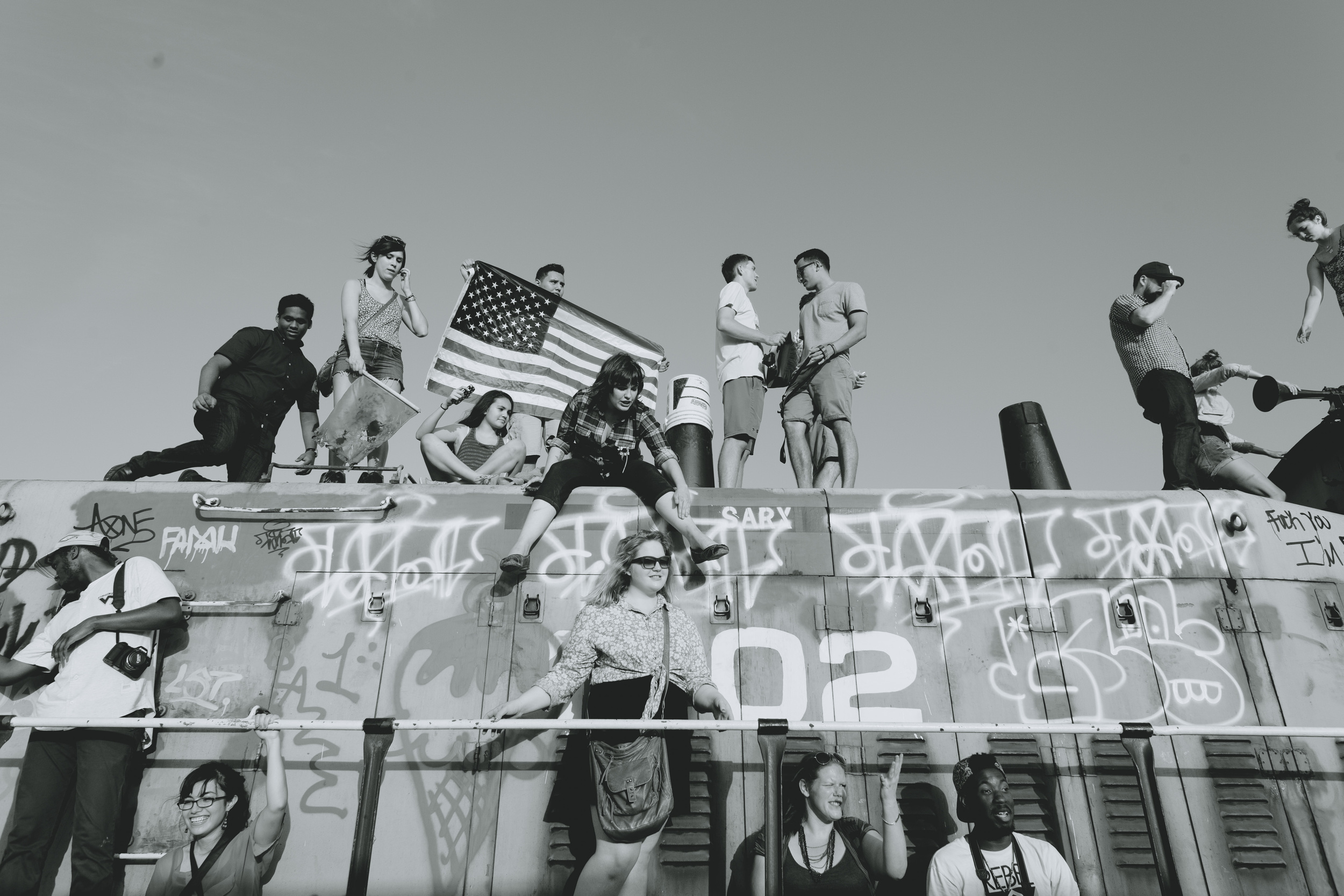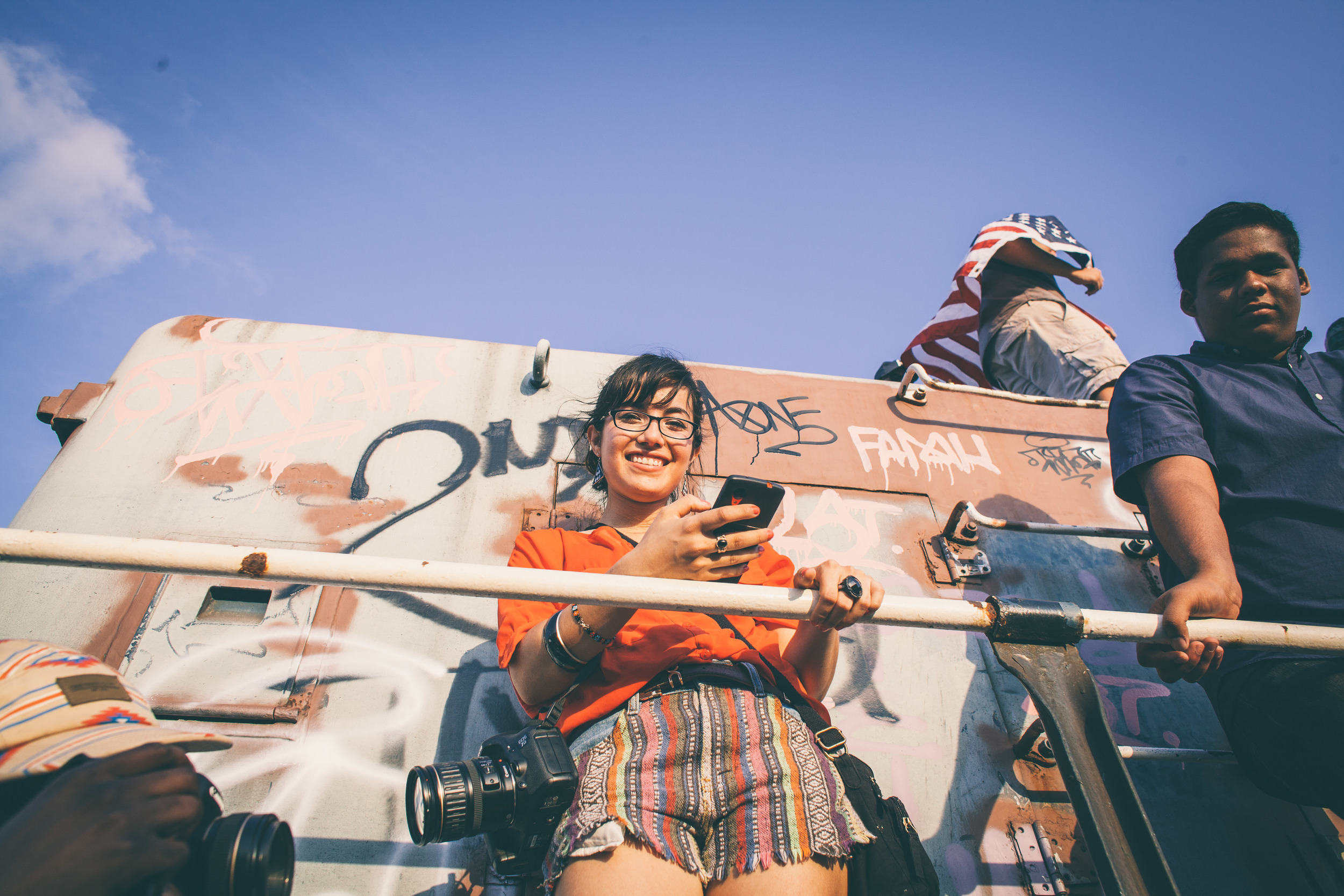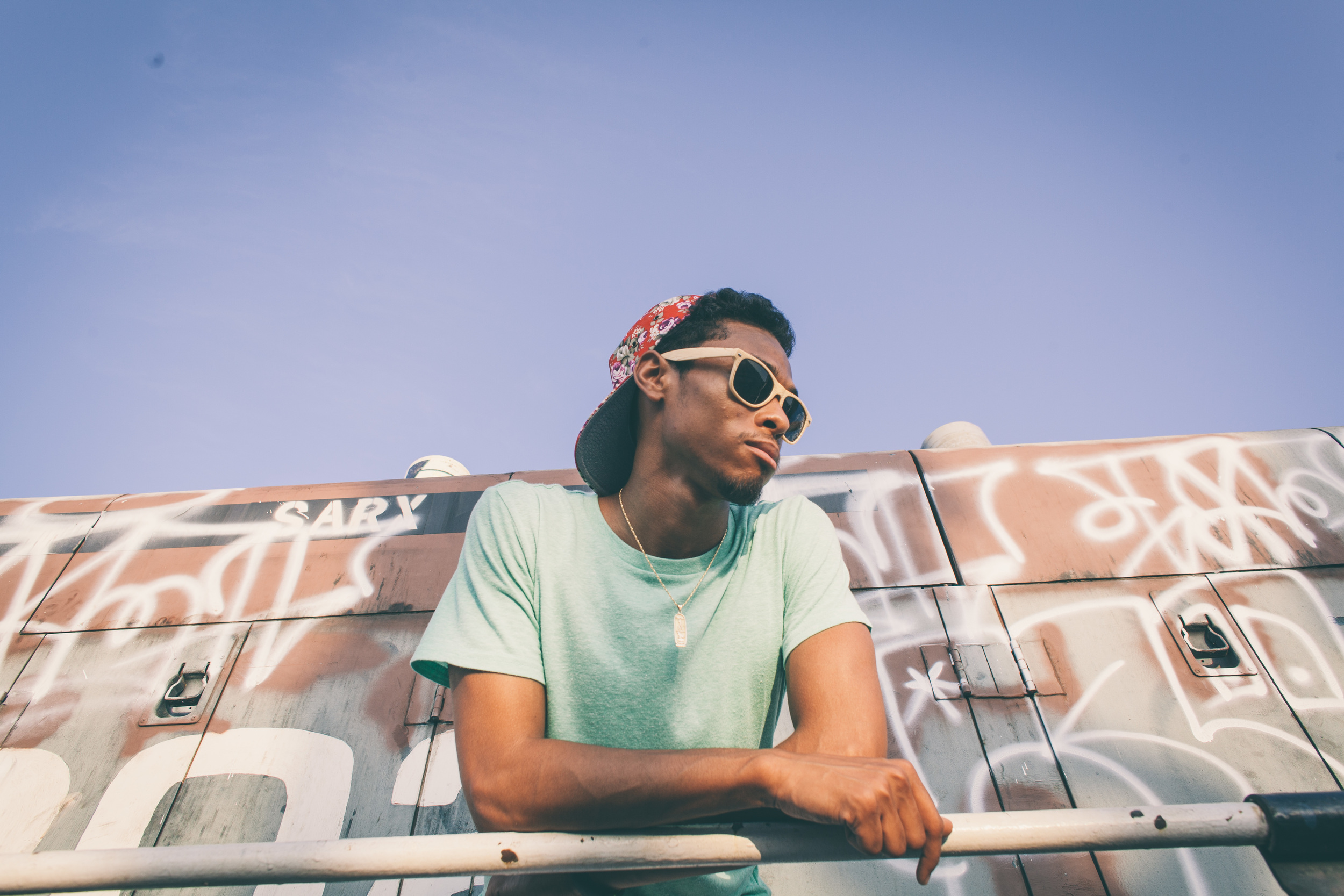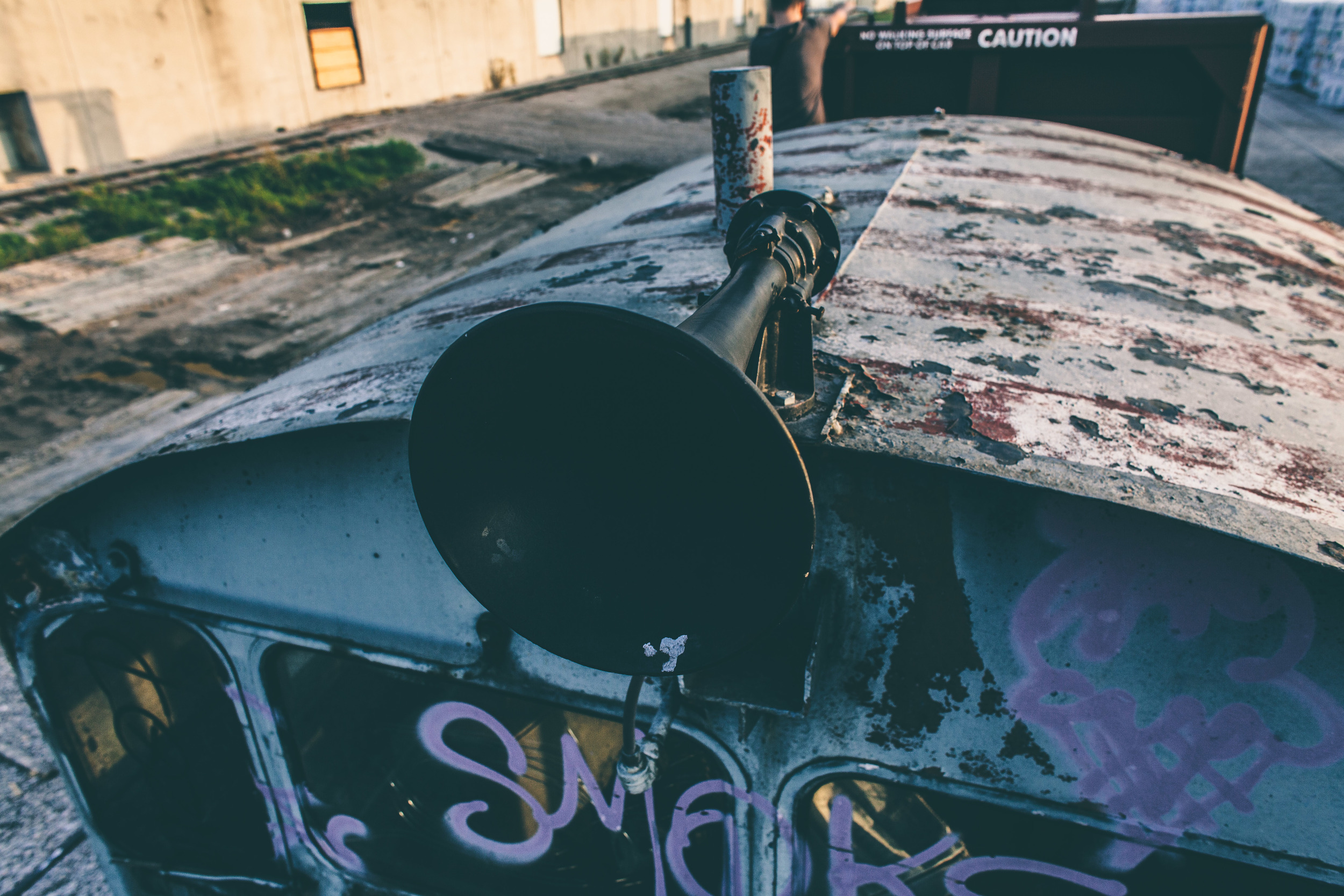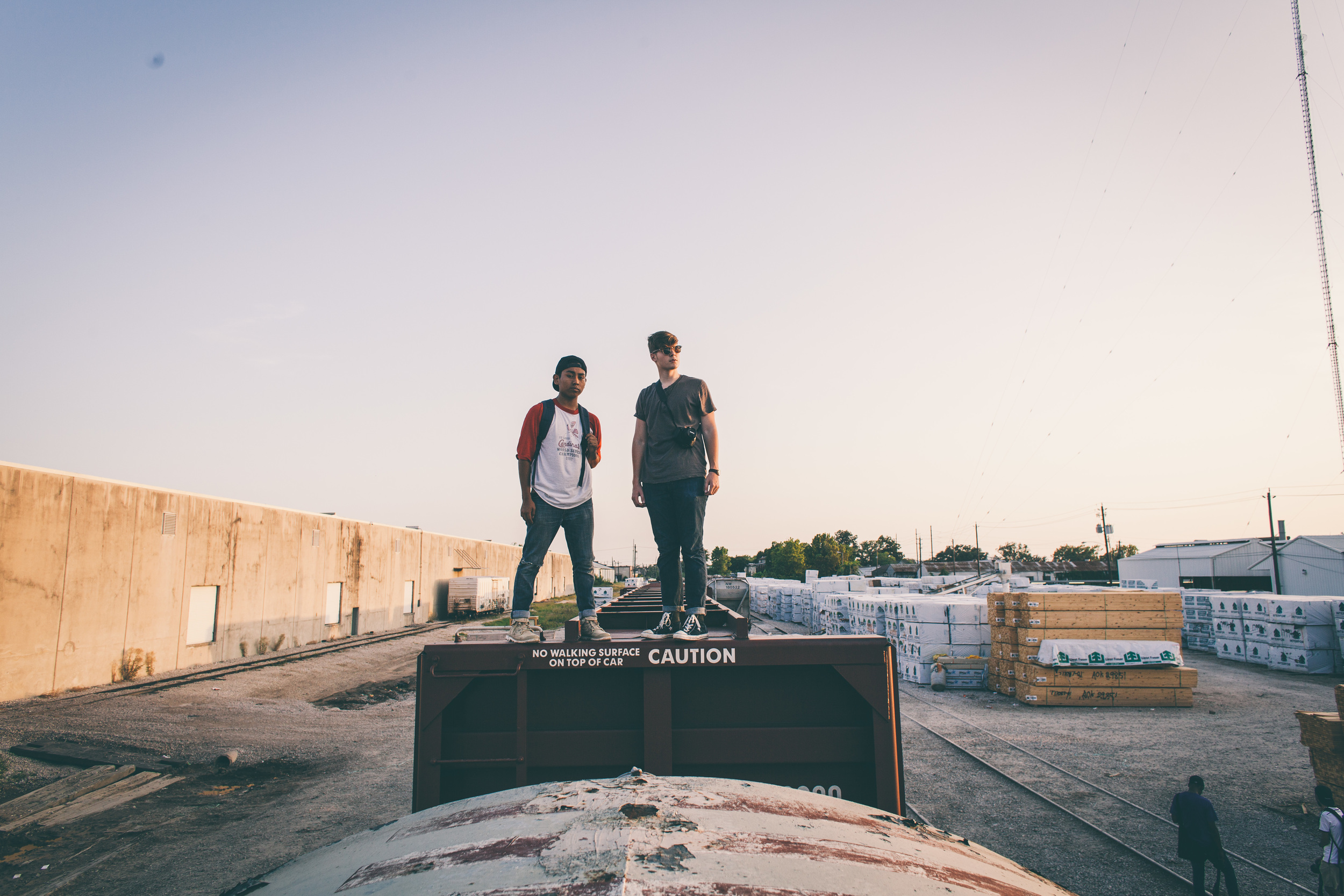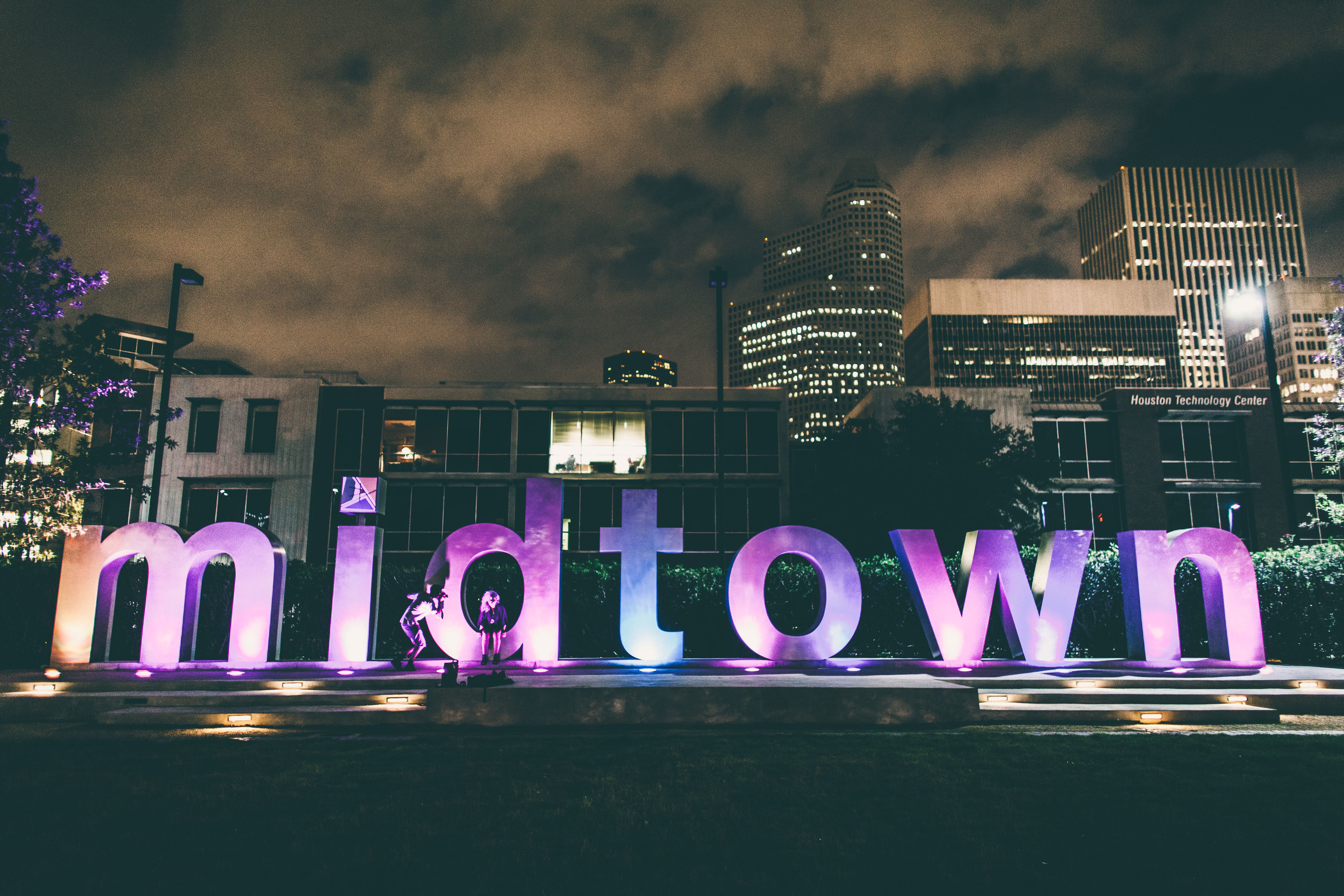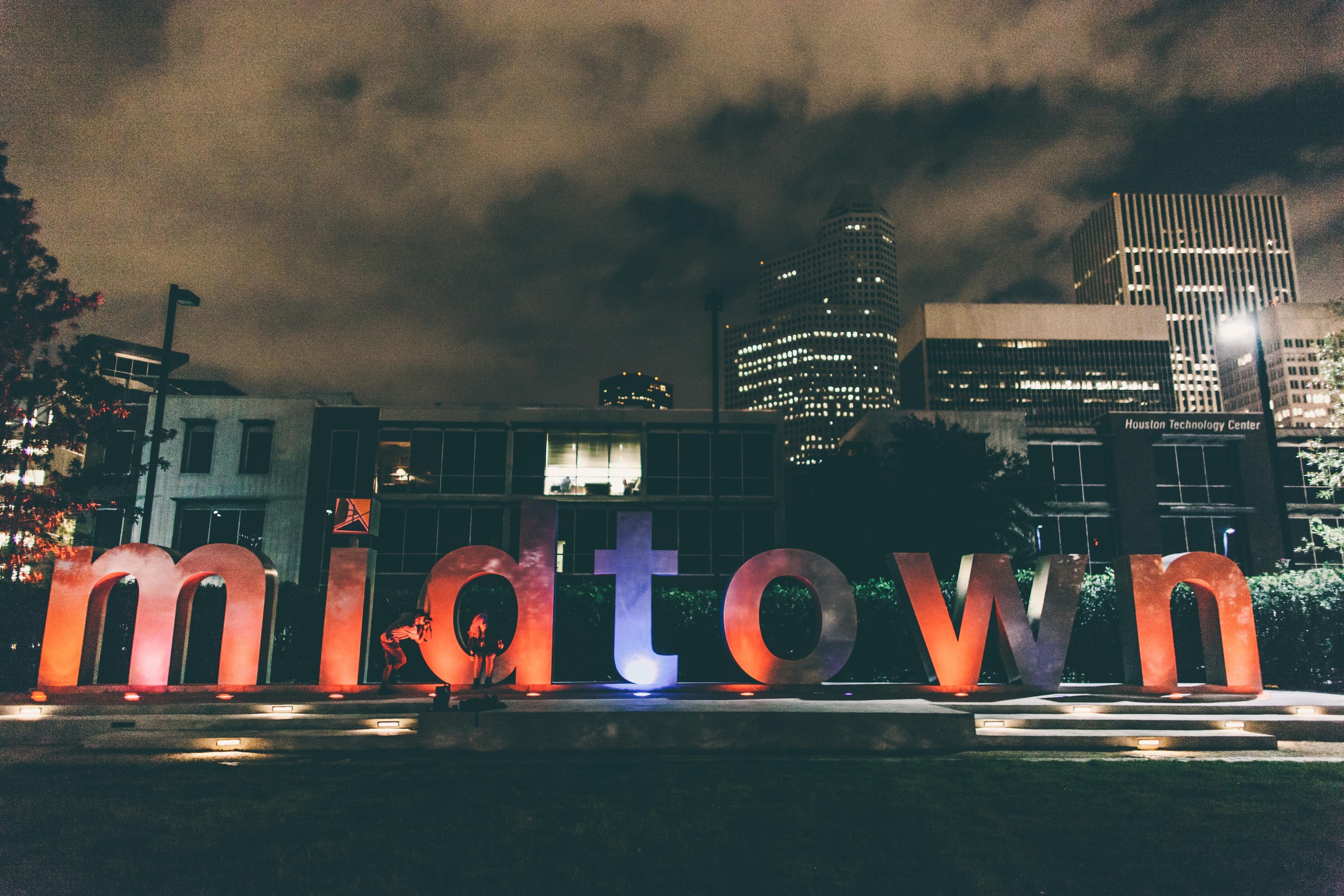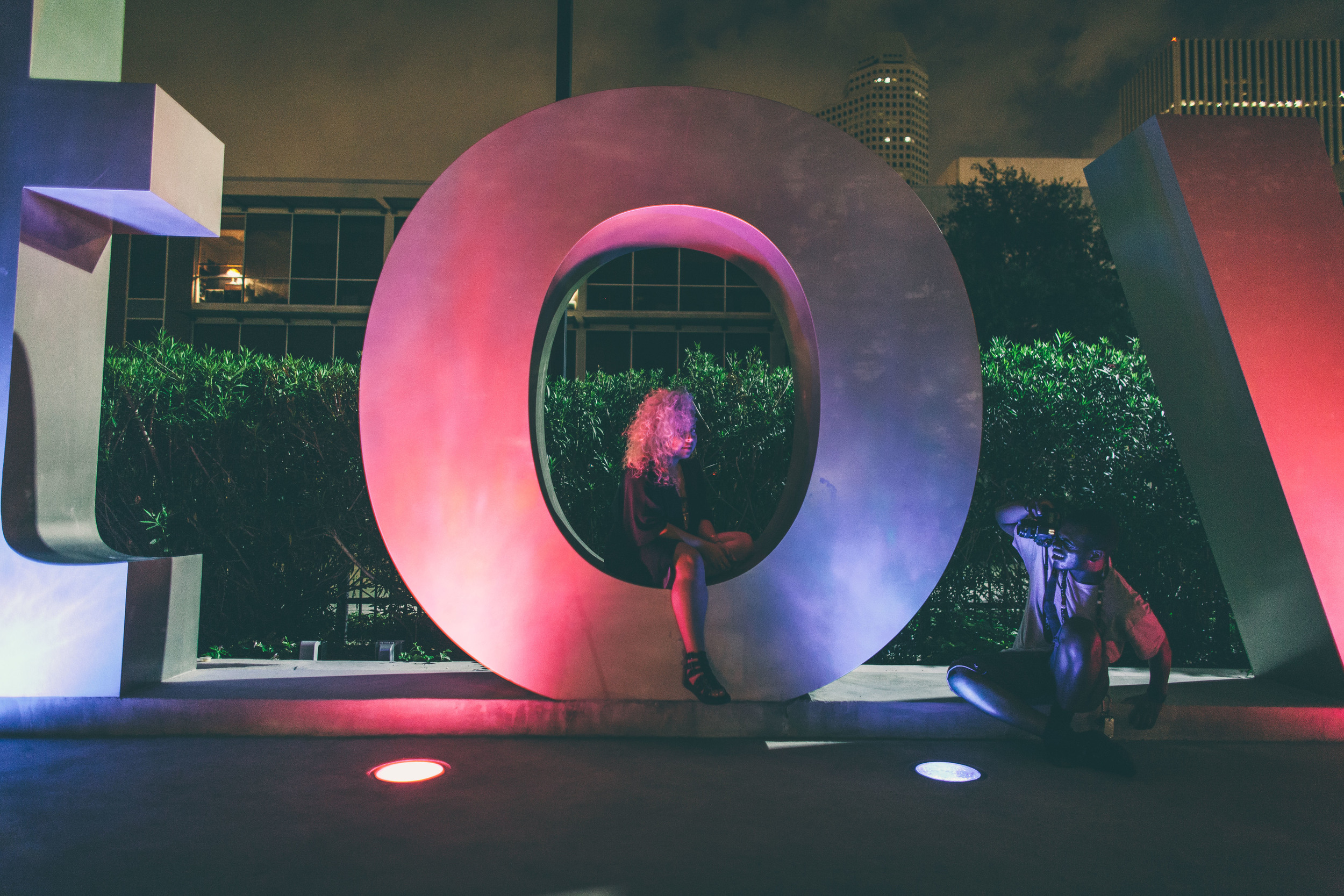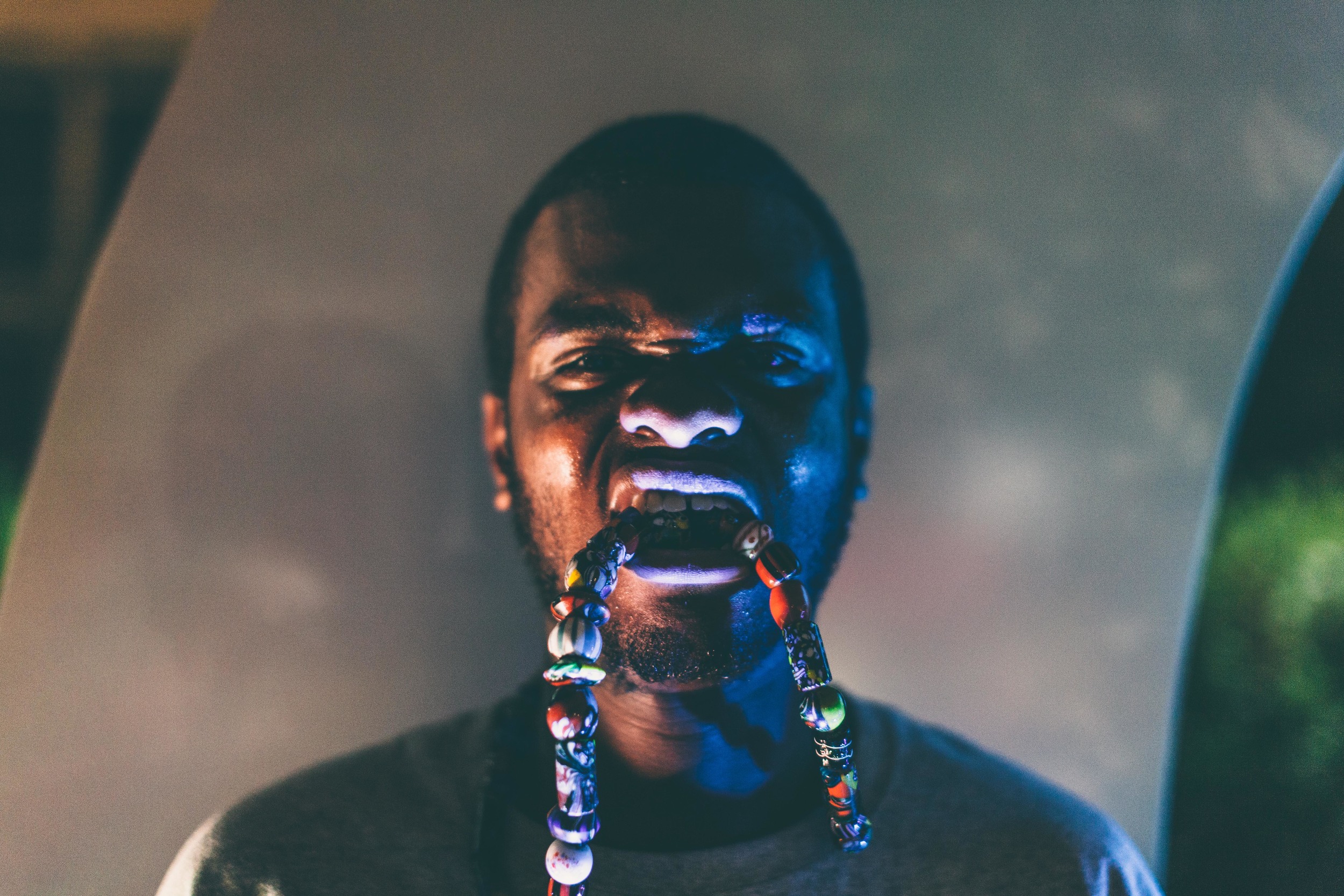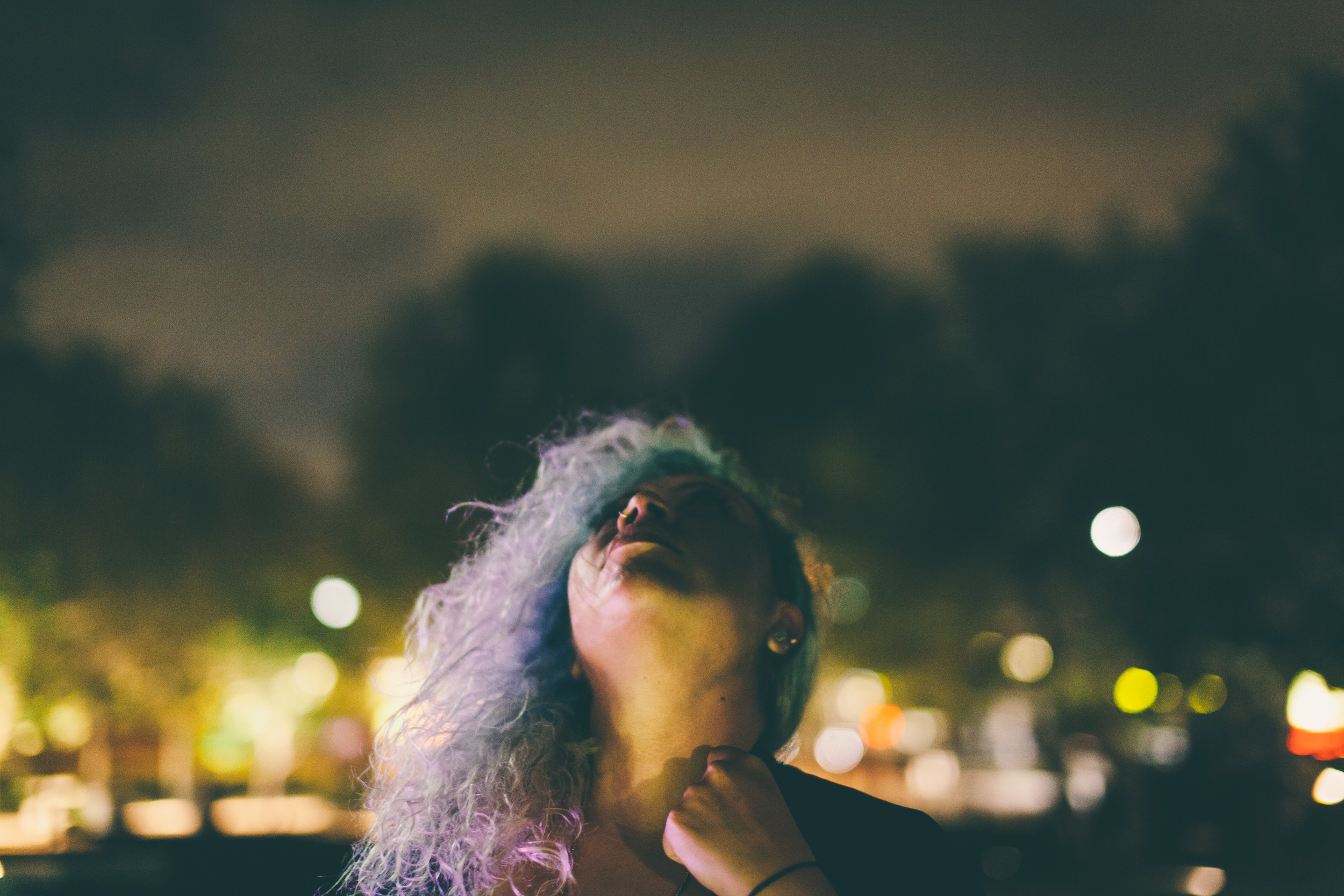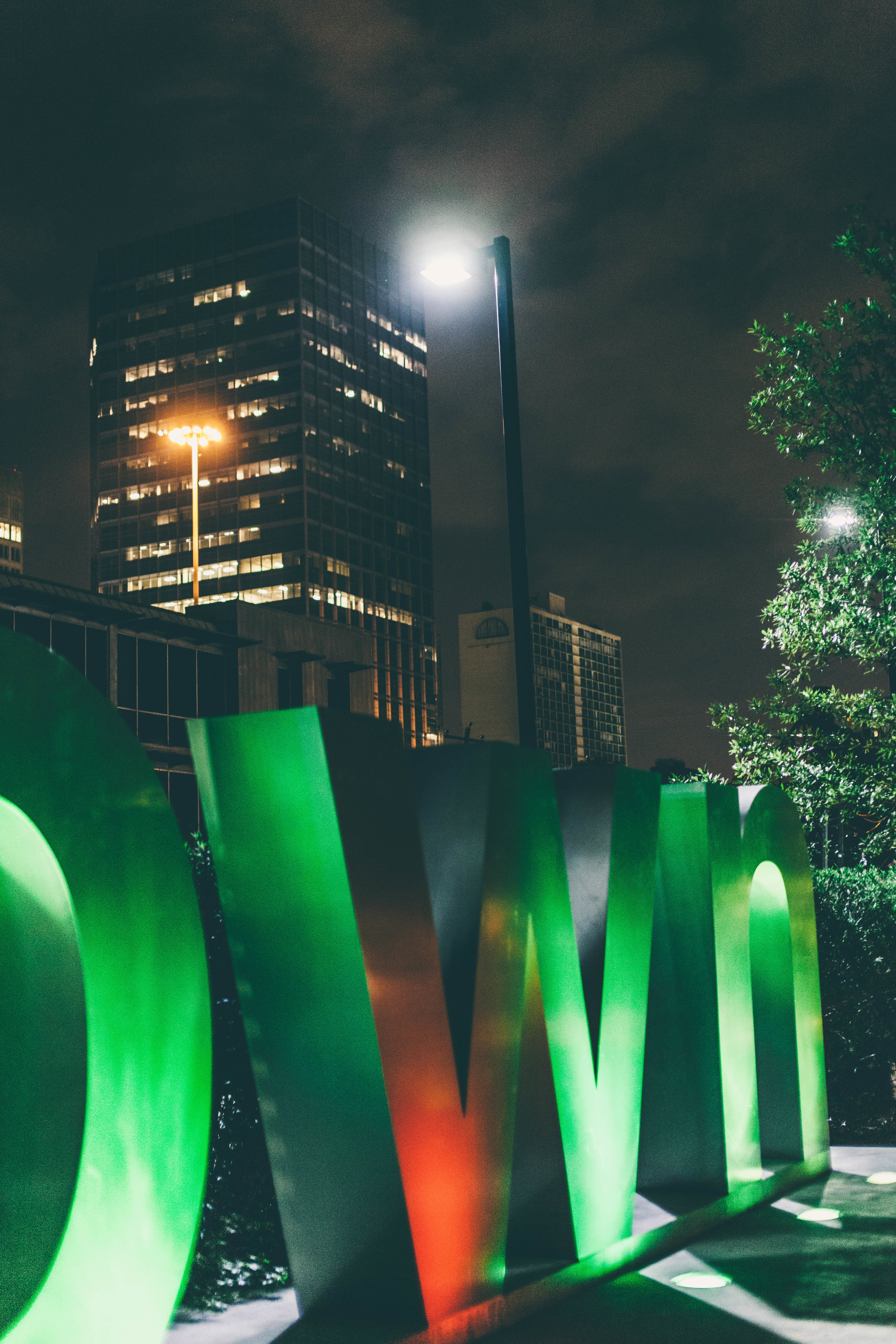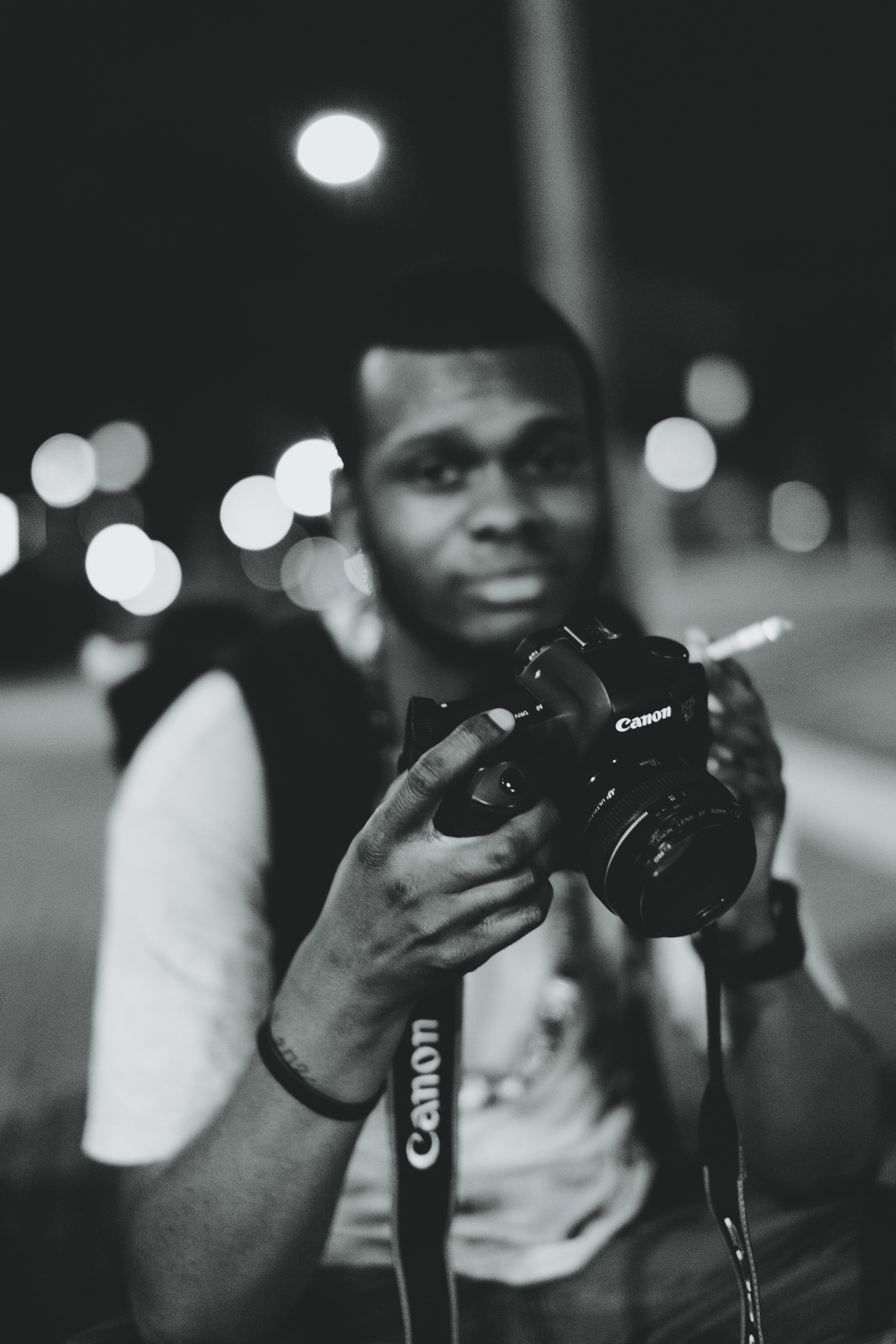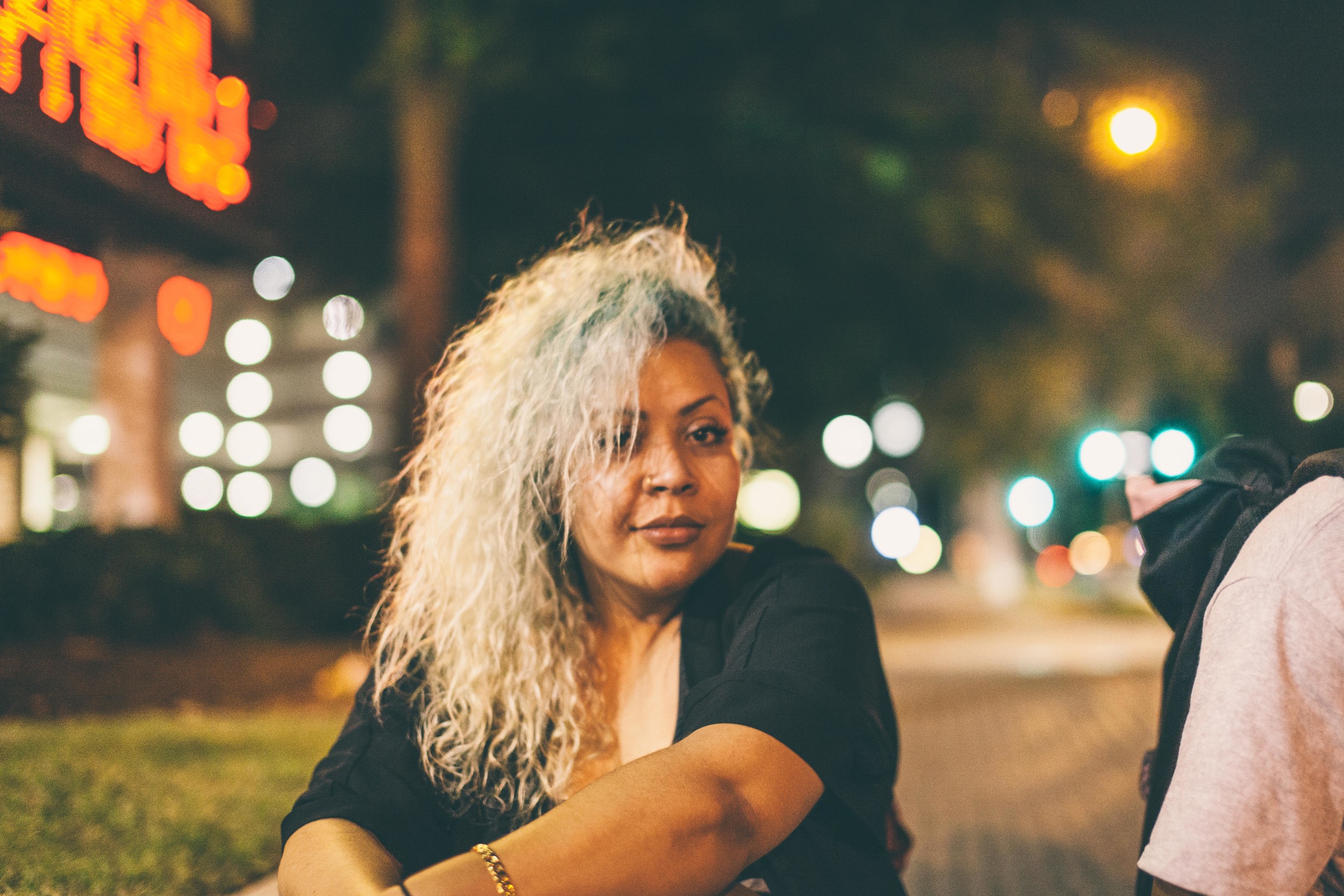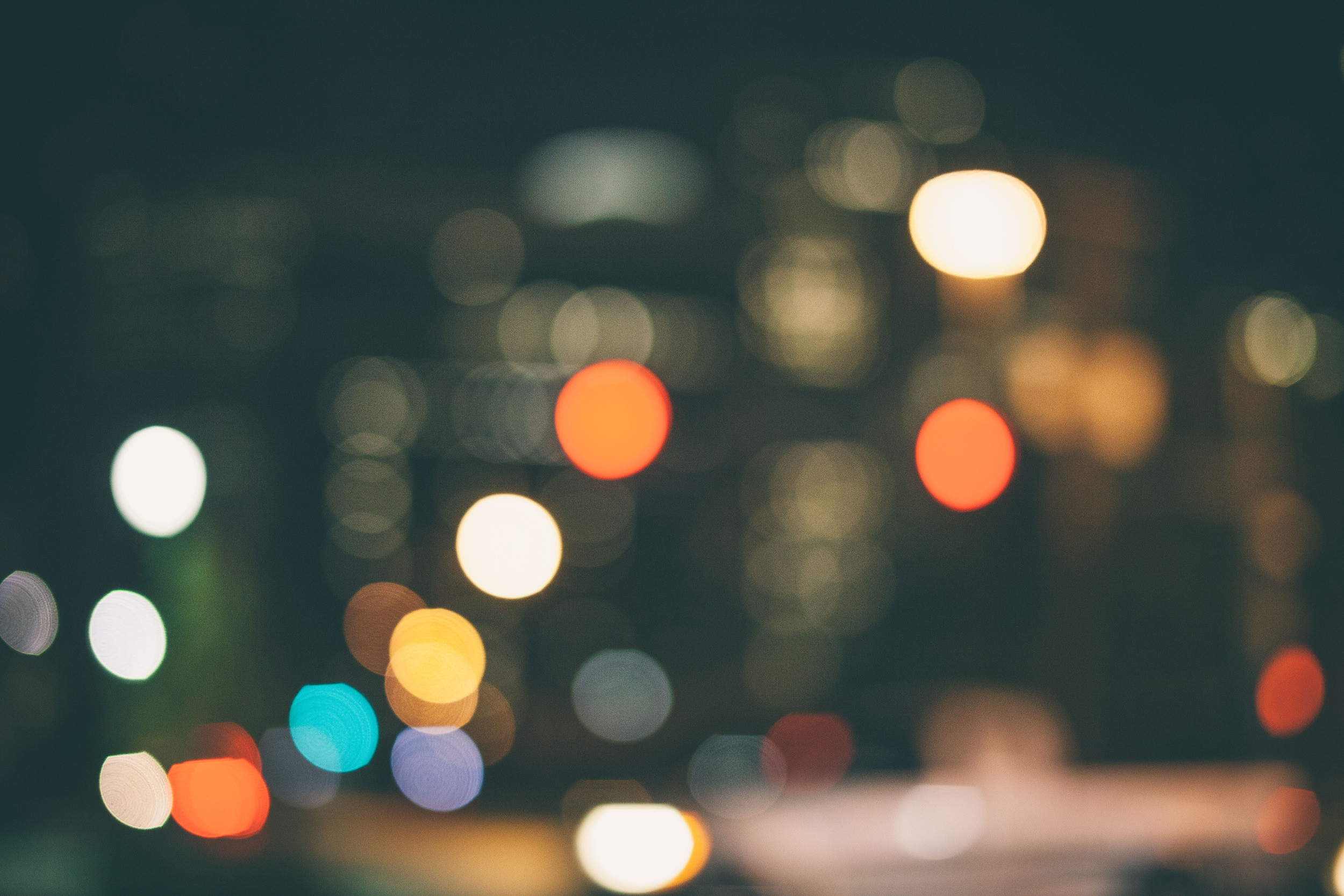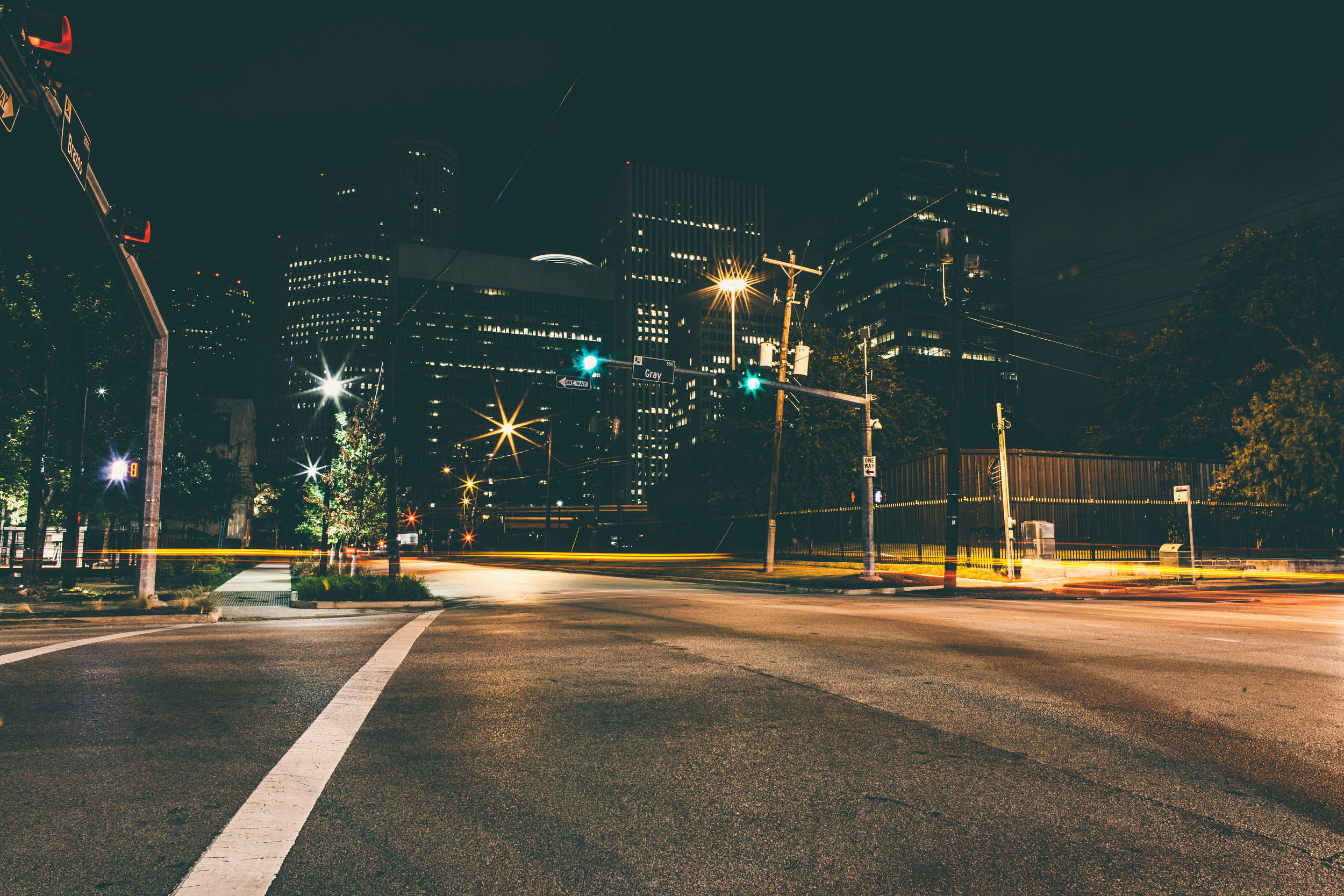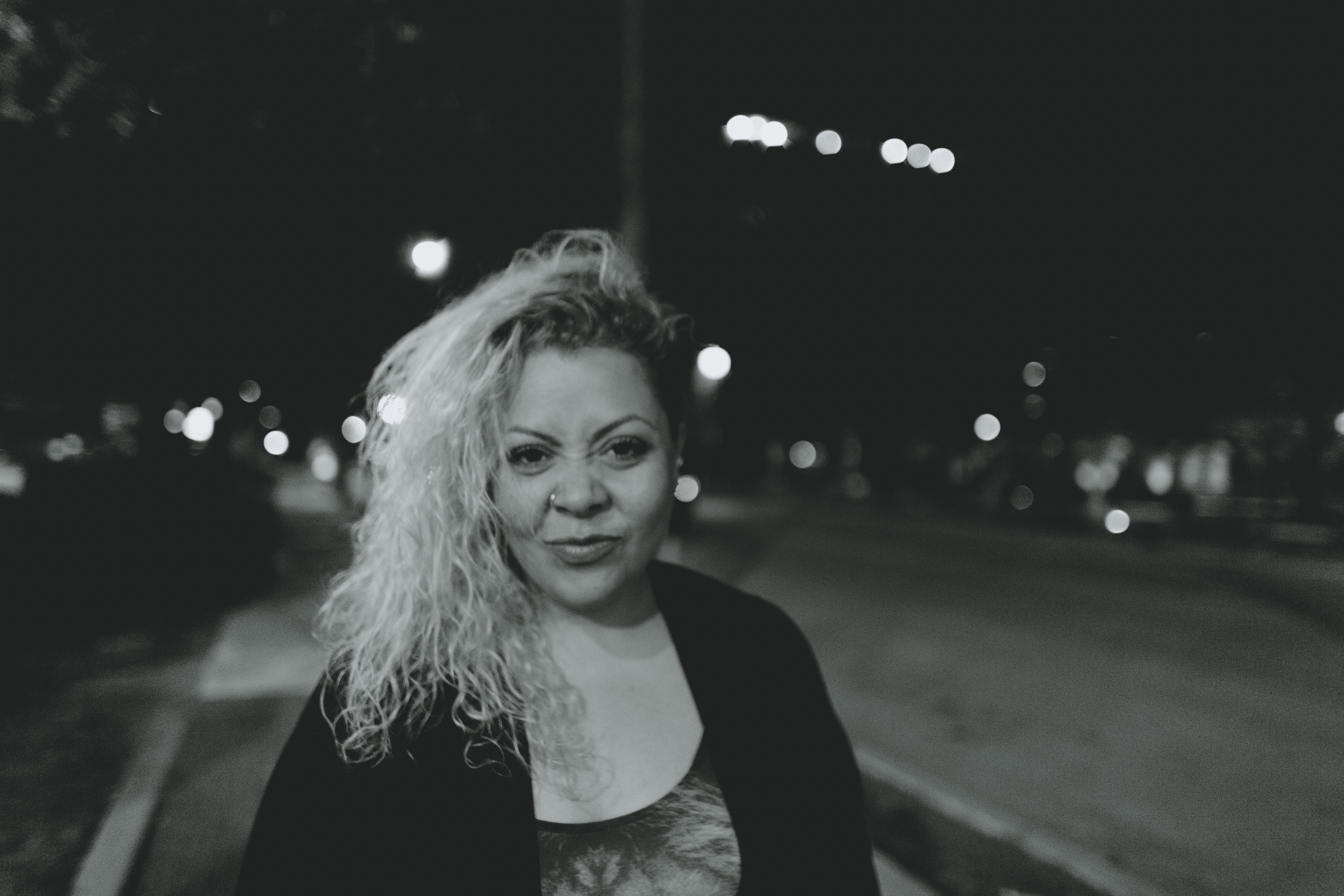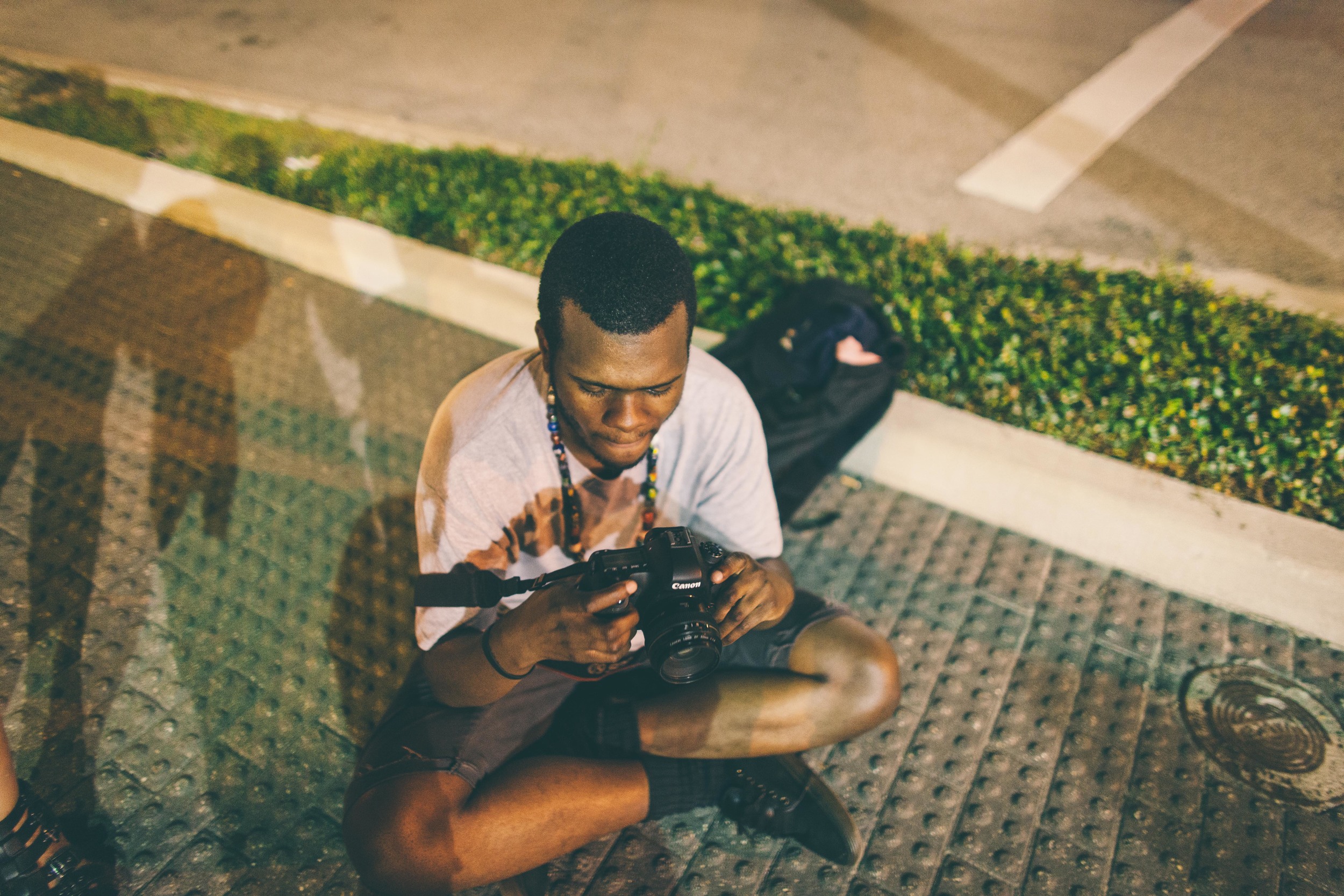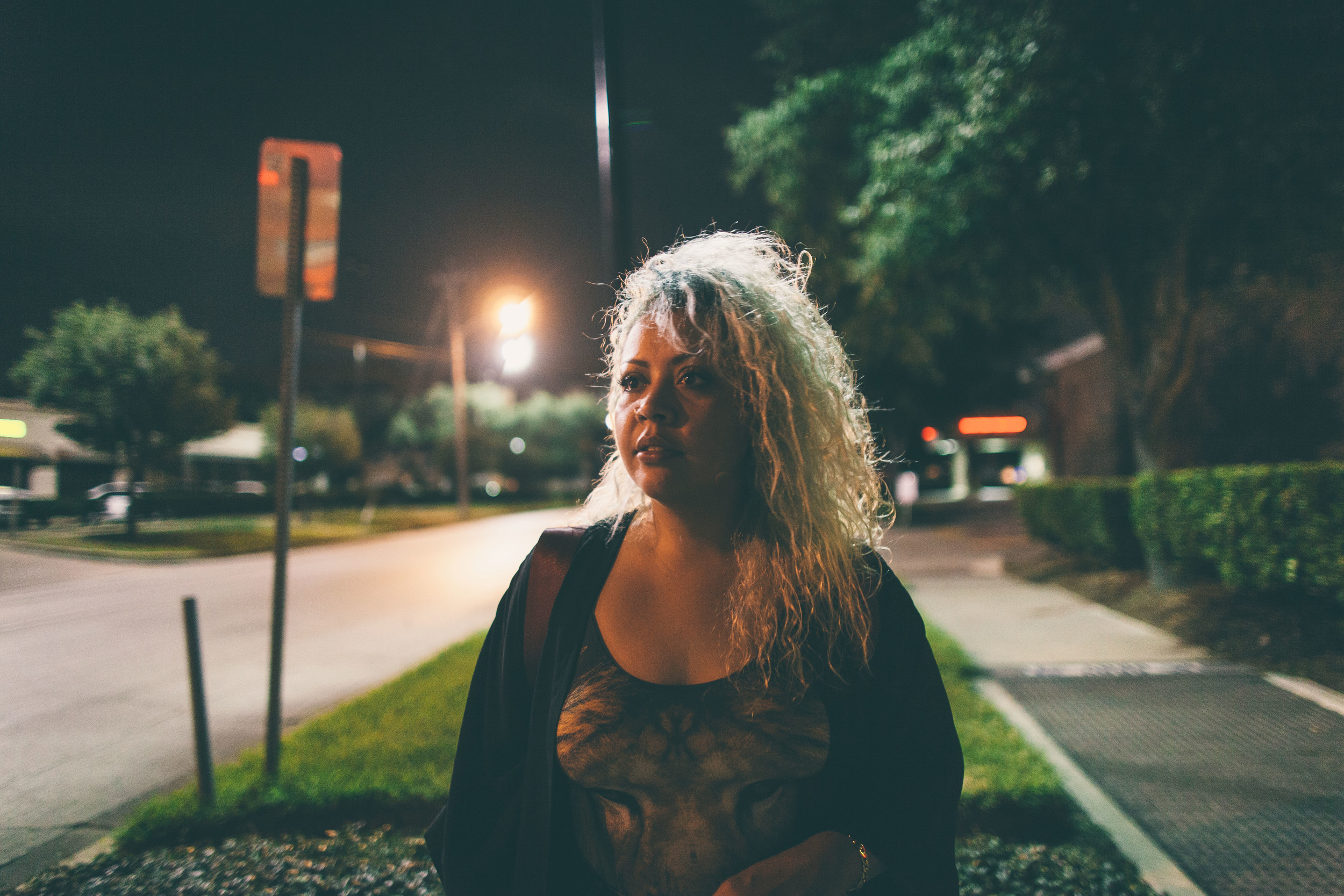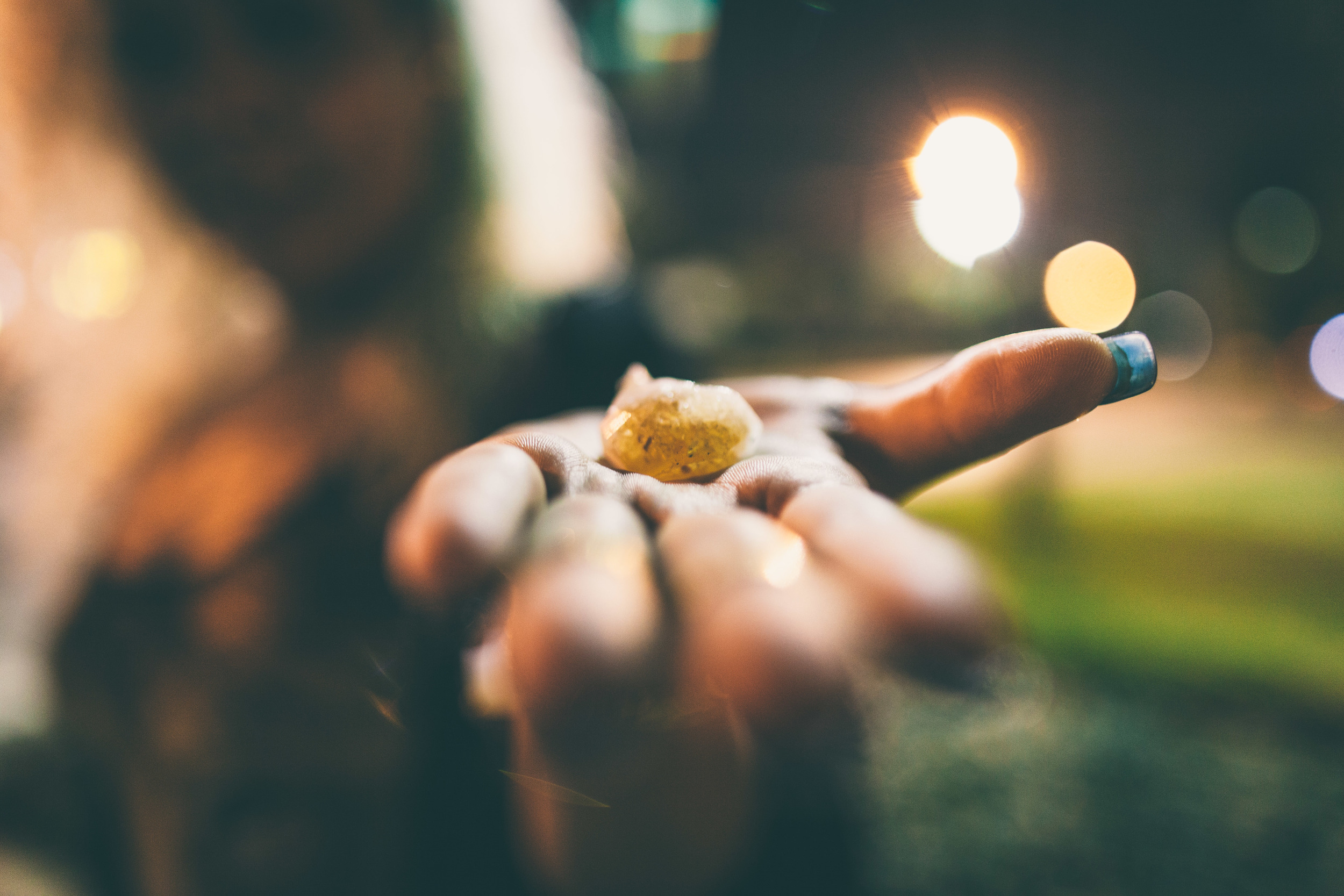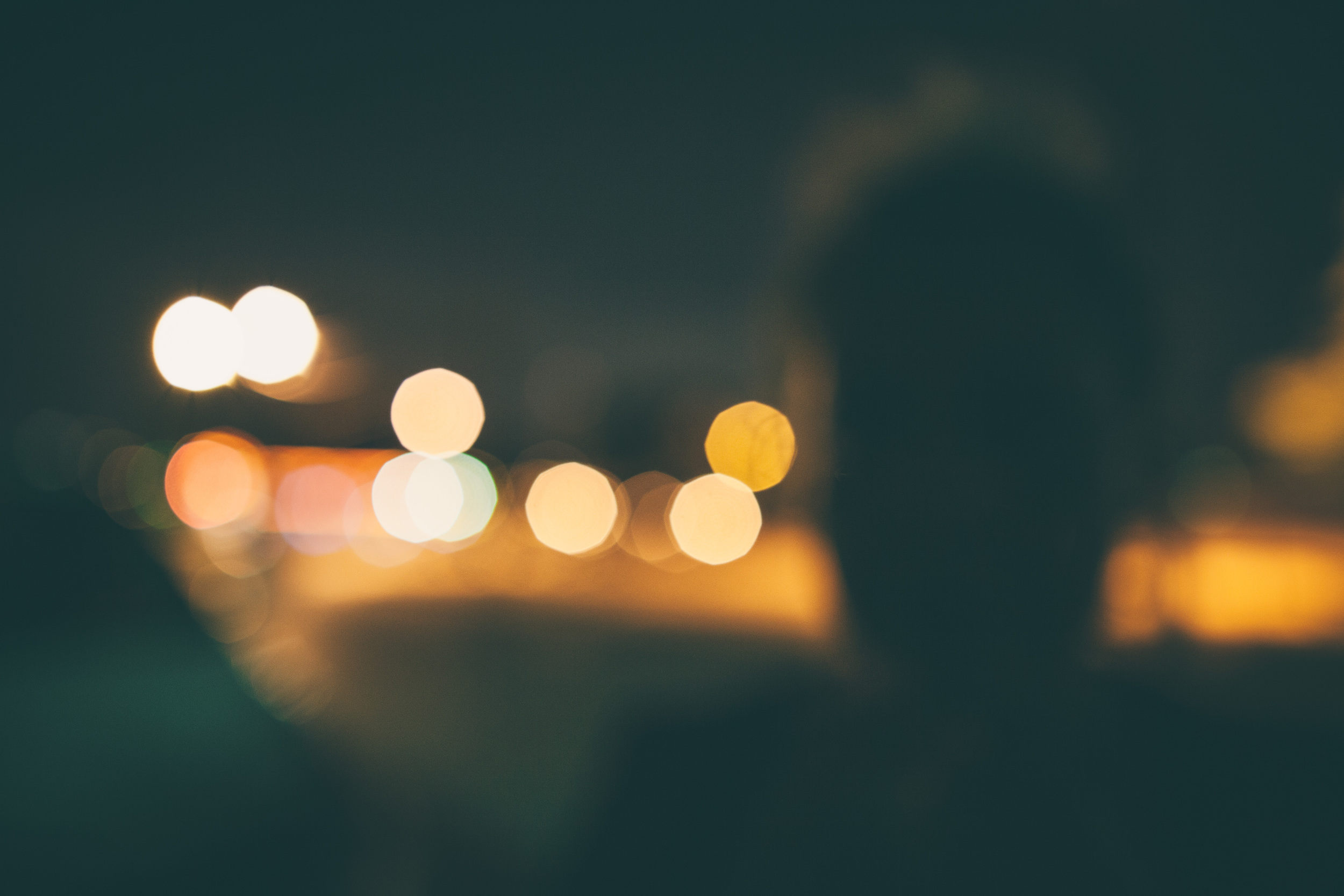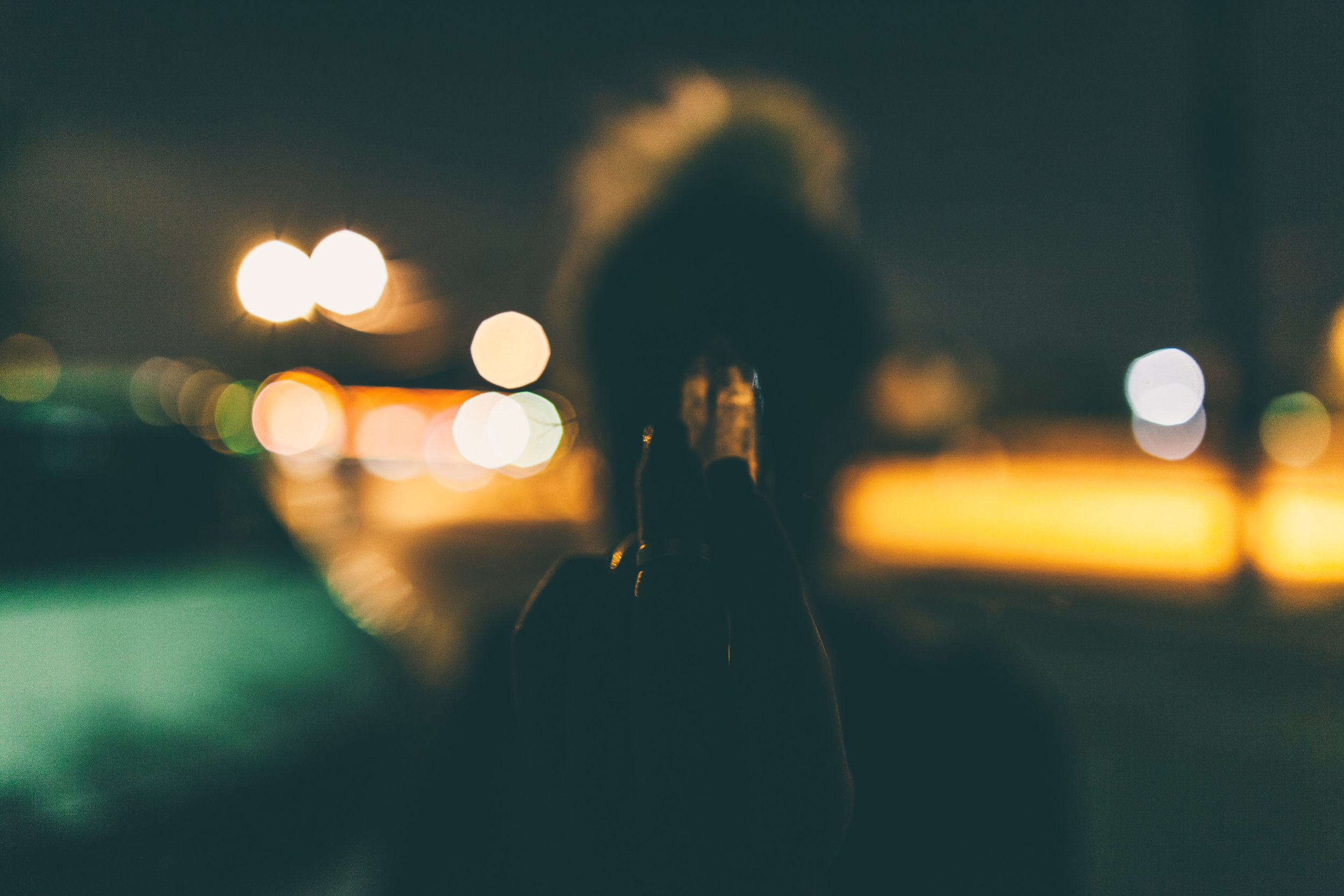1. What's your name and where are you from?
My name is Abel Perez and I’m born and raised in Los Angeles.
2. What got you into photography and how long have you been photographing for?
I first got into art as a teenager back when I was a graffiti artist then transitioned into doing murals and tattooing. One day I came to the conclusion that living the life of a struggling artists wasn’t the path for me so I got into software engineering. I quickly realized that writing code is an Art in itself so I effectively continued being an Artist with the internet as the canvas and programing languages as the medium. During my software engineering journey, I completely stop being creative with drawing, painting, tattooing and everything related to Art in the traditional sense. I always wanted to get back into painting but always hesitated due to how long it takes to create a dope piece of Art. So one day it hit me, I realized I could use a camera to capture artistic shots with little effort, just point and shoot. Photography was the natural path for me to be creative without putting out a huge investment in time. Little did I know that I would fall in love with Photoshop and resume being an Artist 100%. Today there’s not a day that goes by that I don’t snap a shot and open Photoshop.
It’s been a little over three years since I started shooting seriously. I used to shoot with a cropped sensor Nikon D90 for fun and travel but got extremely serious when I bought the Nikon D600. It was the newest kid on the block and it was a super dope transition to full frame.
3. Whats your favorite genre of photography?
I can’t really say that I have a favorite genre of Photography since I like so many. As a matter of fact, I find it very difficult to keep any consistency in the style of photography I shoot. If you look at my portfolio, you will find everything from Abstract, Implied nudes, Night Photography, Portraiture, Urbex, to surreal fantasy. I think this is mainly because jumping around from genre to genre to keeps my inspiration running ultra high. When I lose inspiration I quickly look at new genres I haven’t explored or old ones that I haven’t touched in a while.
4. Explain your post production process?
My process varies depending on whether I’m just cleaning up a photo or doing a composite. For cleanups I usually just go straight into Photoshop. Once in a while I’ll start with Lightroom but it’s rare. I find I can do everything I want exclusively from PS. Once I’m in Photoshop I’ll identify all the flaws in the photo and all the elements I want to enhance as a basic road map of what to do. The rest kind of just happens dynamically based on the flow of the edit. Besides doing all the usual things like color correction, contrast, detail extraction, and sharpening, what’s worth mentioning is shadows and lights. I usually add shadows that do not exist and light sources that appear to be outside of the frame but reflect within the frame. I find this adds a level of realism that sometimes gets lost due to poorly and overly lit locations.
With portraits I spend a lot of time dodging and burning to yield a dramatic look and retouching skin imperfections. I also usually add some sort of light source to get an ethereal look.
And lastly with composites, I usually search around for stock photos and my own photos of elements that I wish to incorporate into the scene. The majority of the time I spend correcting color, perspective, and the direction of light to ensure the overall composite reflects a natural and realistic look.
5. What's your favorite city to shoot in?
When it comes to cityscapes and night photography, I would say New York, Paris, London, Venice, and Hong Kong are some of my favorites. For abandoned locations I would say all over Belgium, there’s so many beautifully decaying structures out there. For minimal and modern architecture, I would say Copenhagen. And the list goes on, can’t commit to one city as my favorite.
6. What advice would you give to someone that is just starting out in photography?
I would say one of the most important things to do is to find inspirational sources. Find the photographers that inspire you and generate the type of photography you want to achieve. Then connect with them and try to learn directly from the sources that inspire you. Often times you’ll find that great photographers are open to mentoring and also love to teach what they know. Speaking for myself, I’m always open to sharing techniques with beginners there’s so much more to learn from teaching too.
7. At the end when it is all said and done what do you want your legacy to be as a creative?
When it’s all said and done and hope to leave a long trail material that will be used by others as a source of inspiration. There’s something magical about experiencing the type of Art you wish you could do yourself. I know this too well because I’ve been inspired by many so hopefully I can be the source of inspiration for others and pass that magical feeling along.
Editor's Note: You can go and follow Abel Perez on Instagram @abel.psd. Interview brought to you by Daemaine Hines, you can follow me on Instagram @dhin3z.







